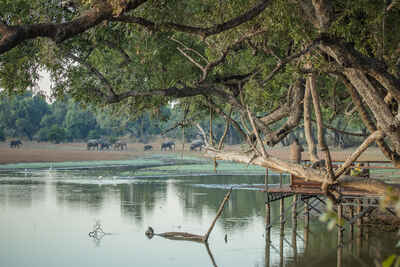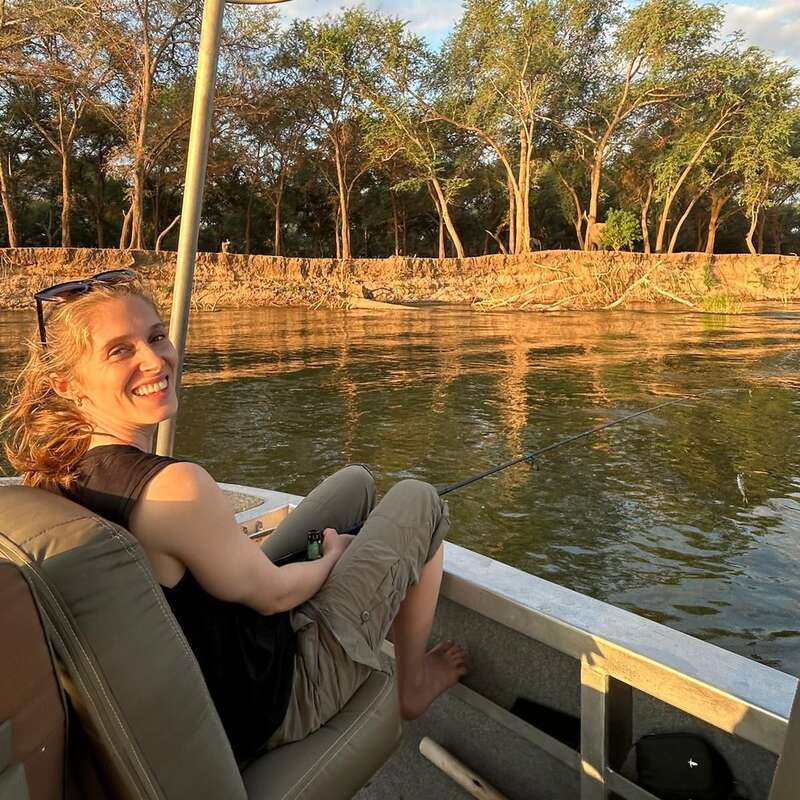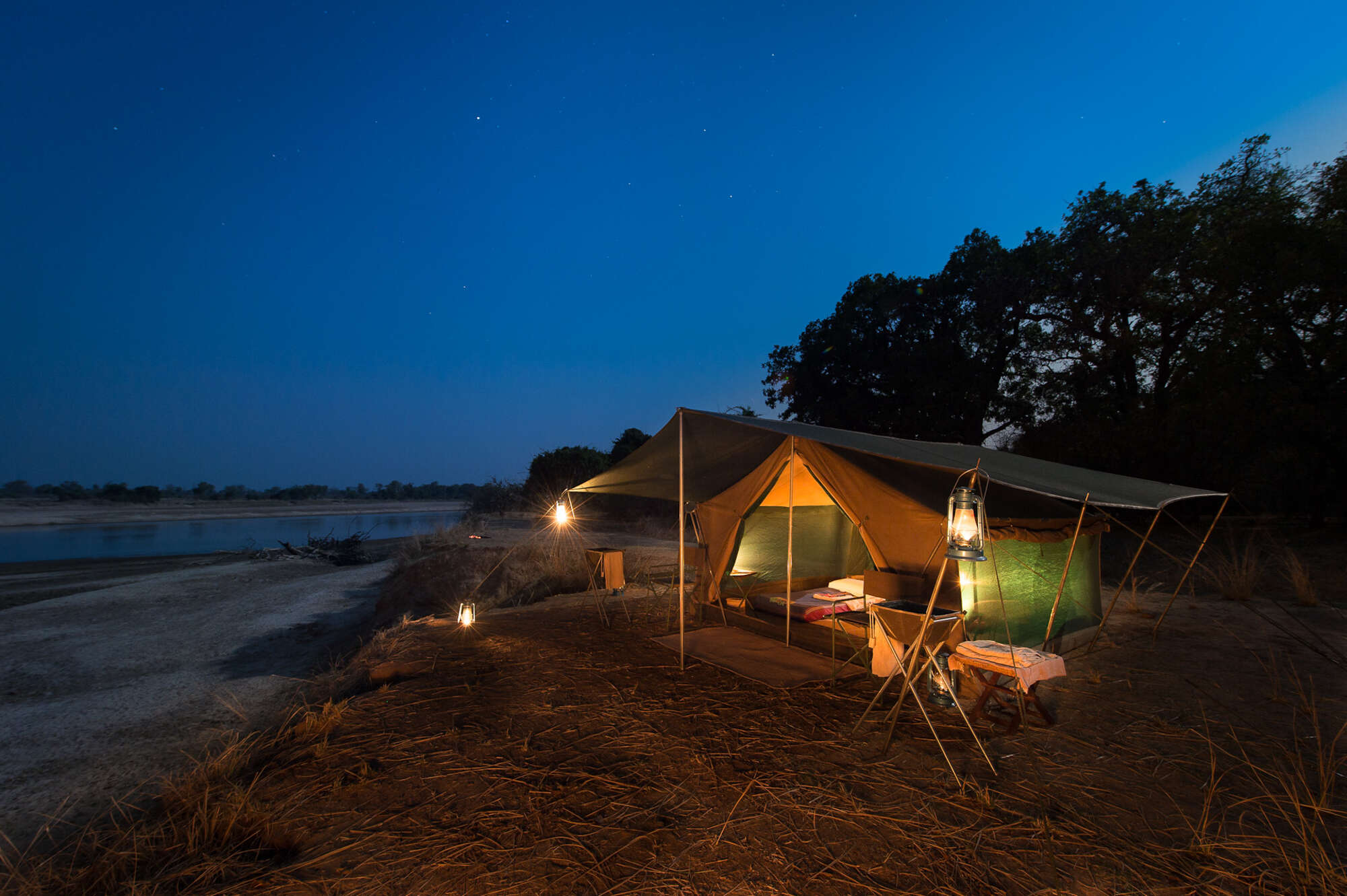About Big Lagoon Camp
Sitting on the edge of permanent water, Big Lagoon is a rustic bushcamp, accessed by foot in a remote area of Zambia's South Luangwa National Park.
Part of Remote Africa Safaris’ superb ‘Chikoko Trails’ walking safari circuit, the tiny bushcamp of Big Lagoon opened in 2022. On a idyllic, historic site, overlooking the water, this was once the favoured campsite of intrepid safari explorers in the 1950s and 60s. An crumbling ruin beside the open-air camp kitchen is all that remains of their adventures here now, and instead three large, expertly-constructed, reed and thatch chalets have been installed for the safari season (they are rebuilt each year after the rains).
The small open-fronted rondaval is the hub of the camp life. Here you’ll gather for communal meals and drinks, discuss the days adventures and marvel at the tasty meals produced in the ground oven of the bush kitchen (do ask the chef for a tour). Historic photographs and a detailed map on the walls give a sense of your location and its history, and a couple of sofas make super siesta spots.
The mostly dry course of the Crocodile River, in which the lagoon is situated, is a scenic corridor to explore on walking forays led by an enthusiastic and fascinating guide and accompanied by a game scout. From herds of buffalo and towering giraffe to barking baboons and stealthy leopards, there's much to see here. And the camp's wooden deck, cantilevered over the lagoon, is an especially tranquil spot from which to listen to birdsong and watch wildlife drink and graze. It’s an idyllic hideaway!
Our view
Though the structures of Big Lagoon Camp are consciously rustic, they have been created with thought and great care, and the furnishings are all high quality. The standards of guiding here are exceedingly high – and even the food is top-notch (which is remarkable when you see the basic bush kitchen facilities – kudos to the chef!). The bushcamp's emphasis is firmly on enjoying the wilderness, the environment and the wildlife. For those of us who love walking safaris and remote areas, it is one of the best places in Africa.
Accommodation
3 chalets
Children
OK for 16+
Open
1 June to 31 October
Activities

Birdwatching

Guided walking safari
Traveller reviews of Big Lagoon Camp
101 real, un-edited reviews from Expert Africa's travellers.
Arrived 25 Sep 2024, 2 nights
"Big Lagoon Camp stay"
Overall rating: Excellent
Arrived 23 Sep 2024, 2 nights
"Big Lagoon Camp review"
Overall rating: Excellent
Arrived 2 Sep 2024, 2 nights
"Beautiful, remote and peaceful"
Overall rating: Excellent
Arrived 11 Aug 2024, 1 nights
"Big Lagoon Camp review"
Overall rating: Excellent
Arrived 18 Jul 2024, 2 nights
"Big Lagoon Camp experience"
Overall rating: Excellent
Arrived 4 Jul 2024, 1 nights
"Big Lagoon Camp review"
Overall rating: Excellent
Arrived 24 Jun 2024, 2 nights
"Big Lagoon Camp review"
Overall rating: Excellent
Arrived 7 Jun 2024, 1 nights
"Big Lagoon - WOW!"
Overall rating: Excellent
Arrived 15 Oct 2023, 1 nights
"Big Lagoon Camp review"
Overall rating: Excellent
Arrived 14 Oct 2023, 2 nights
"Big Lagoon Camp review"
Overall rating: Good
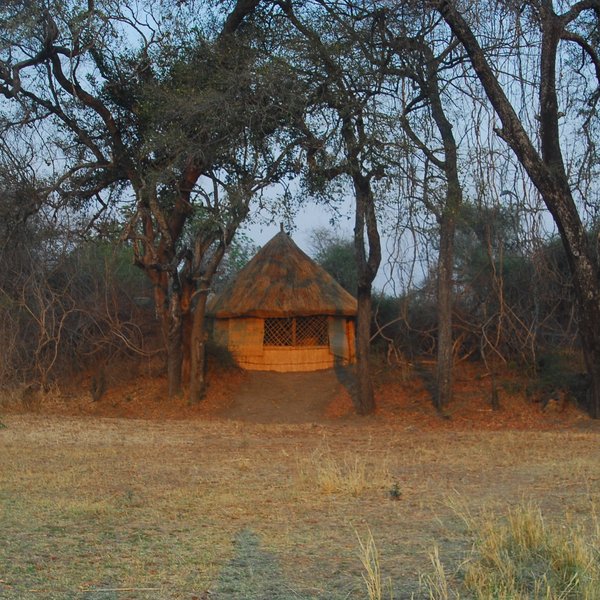
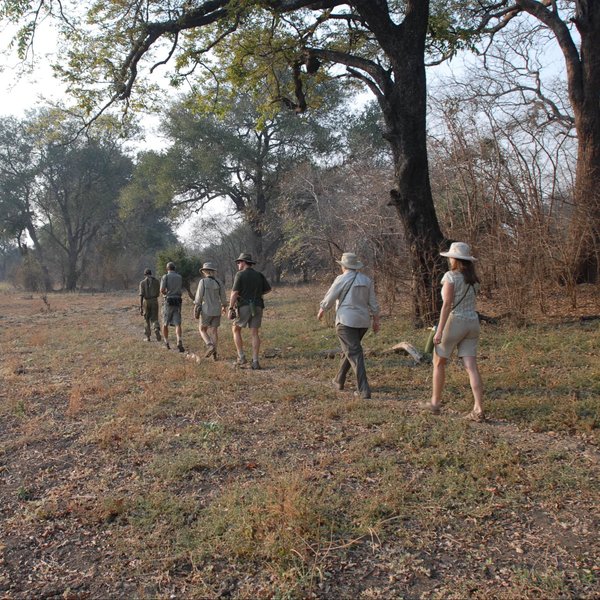
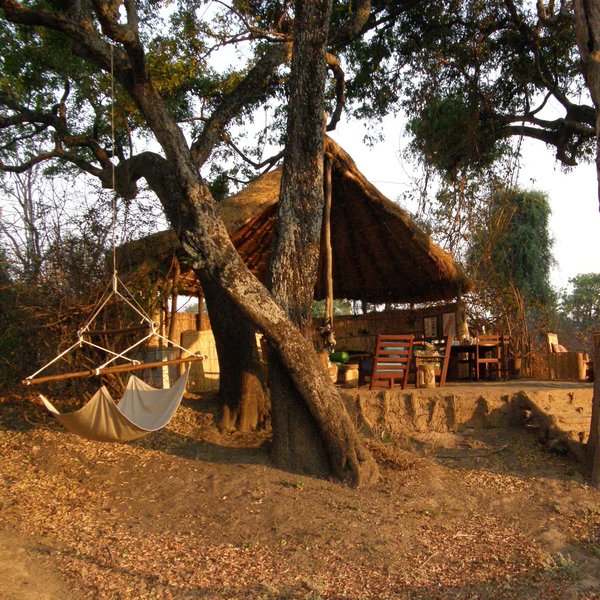
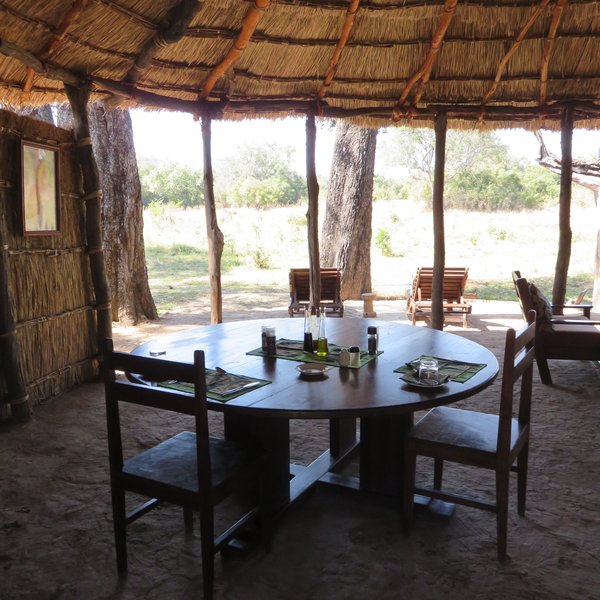
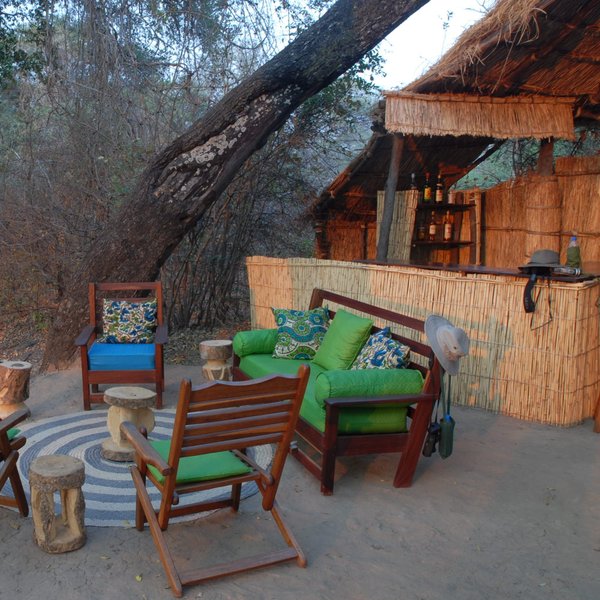
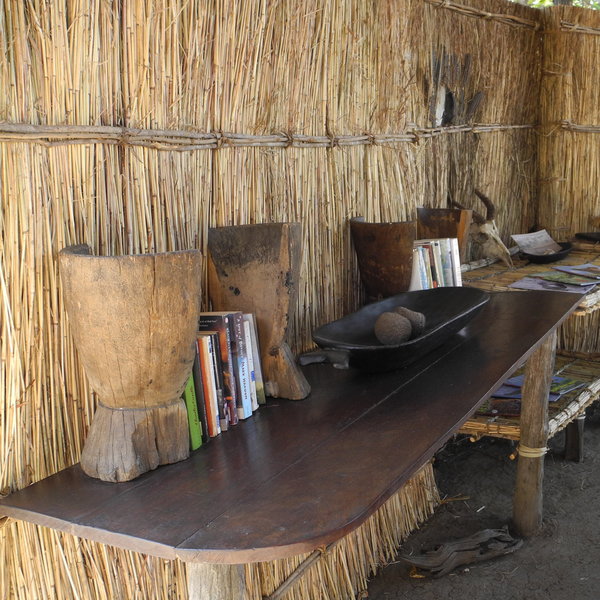
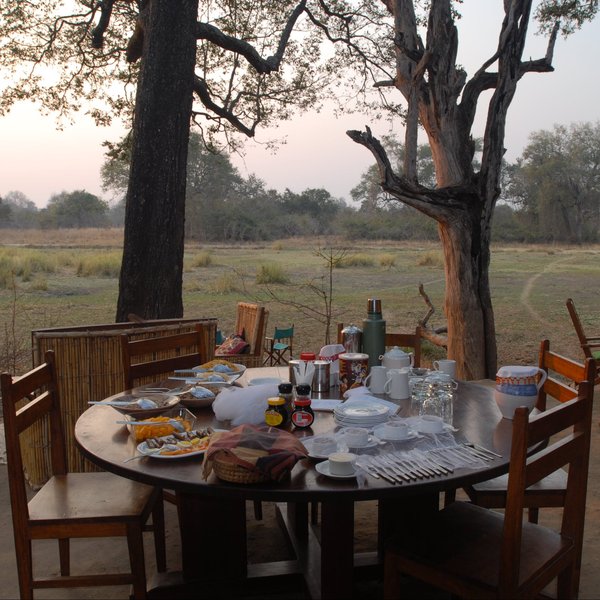
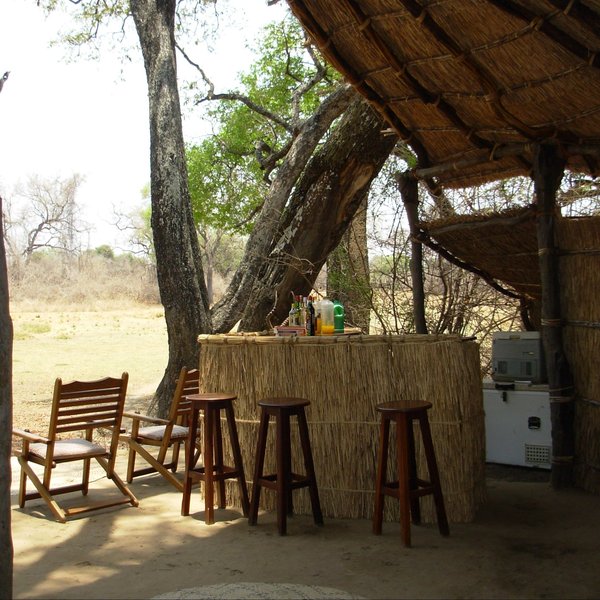
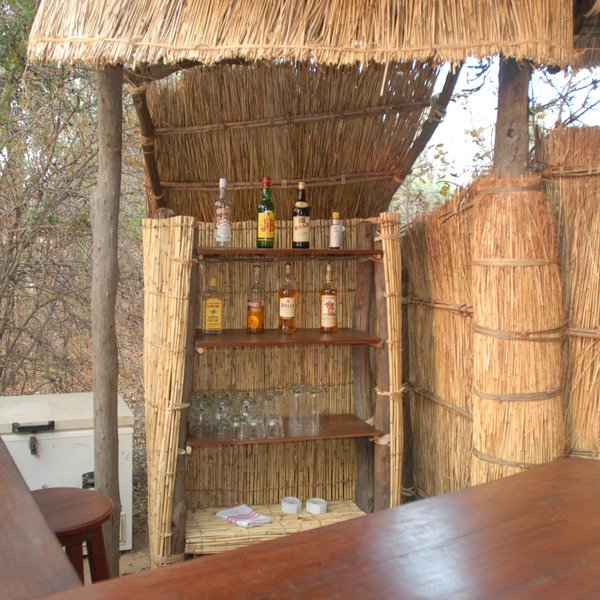
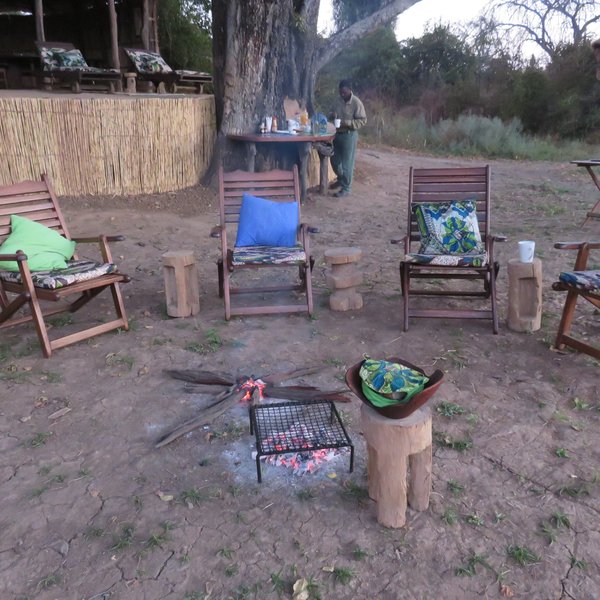
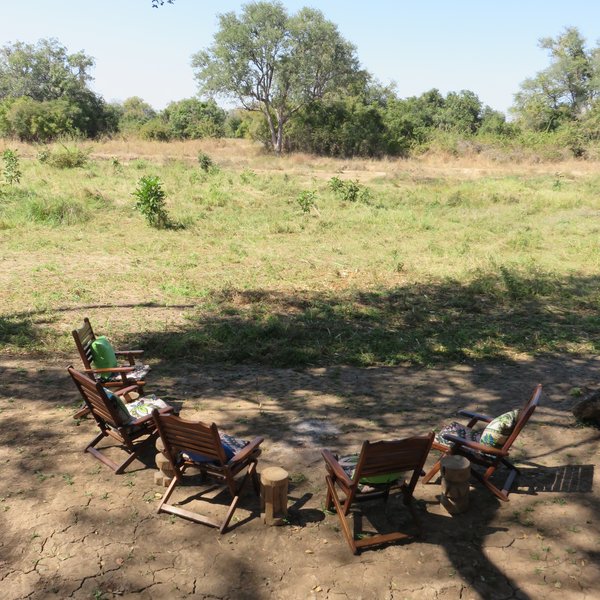

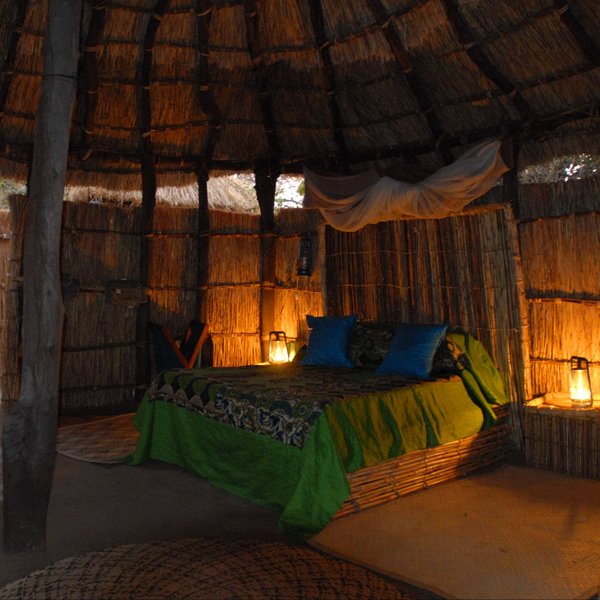
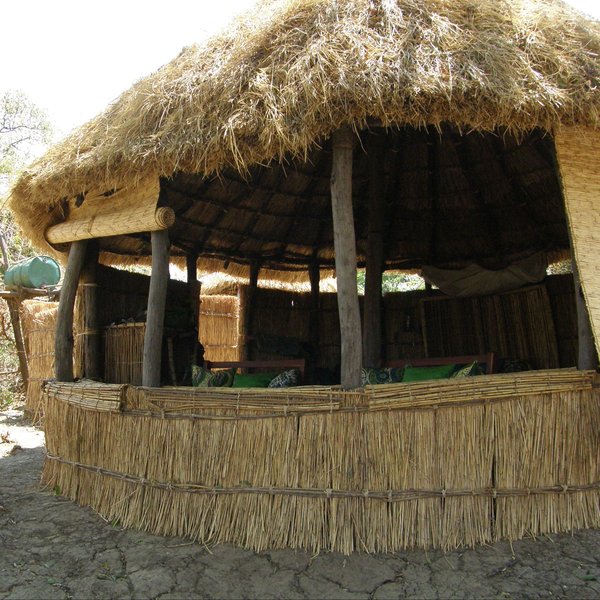
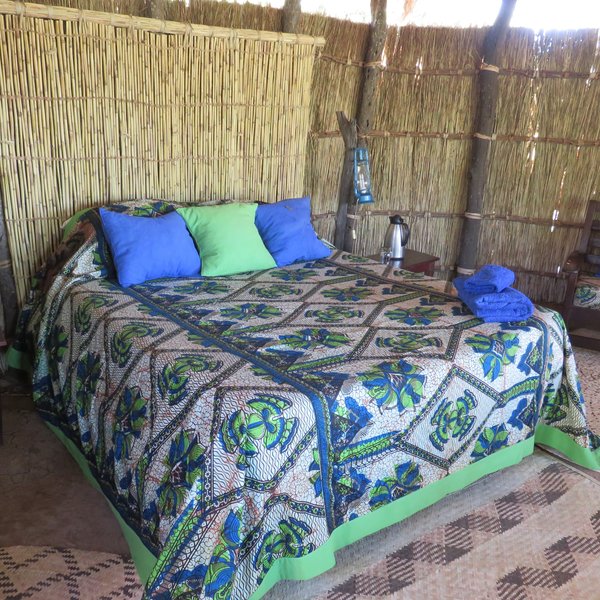
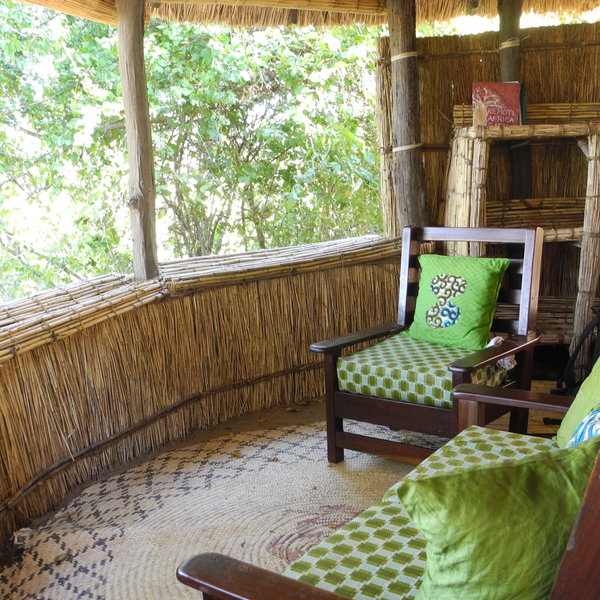
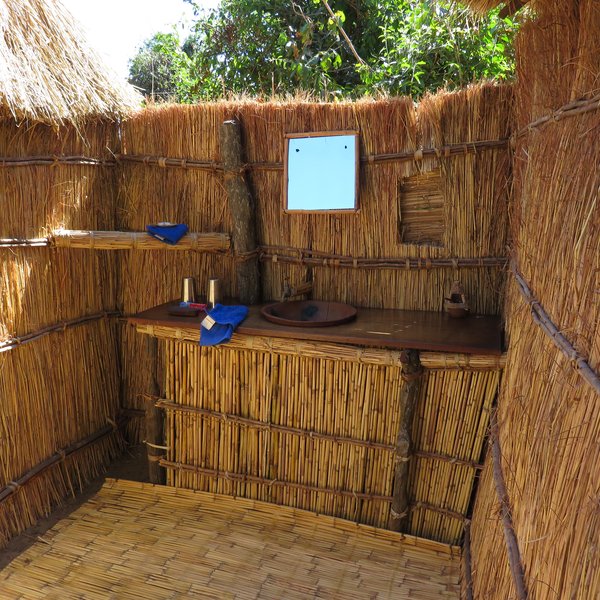
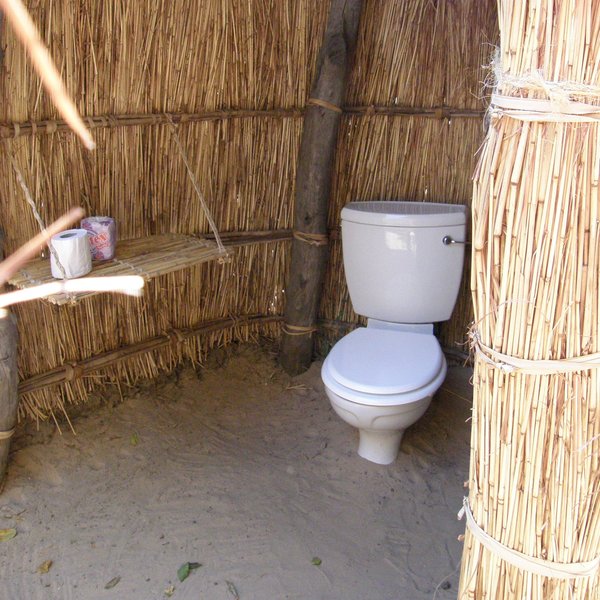
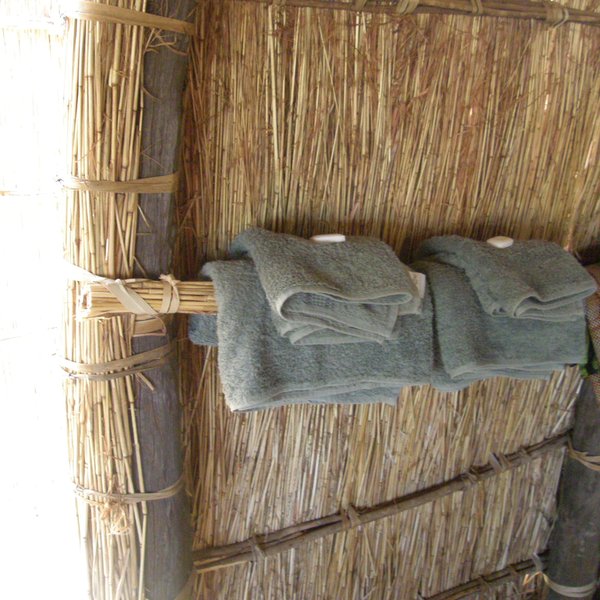
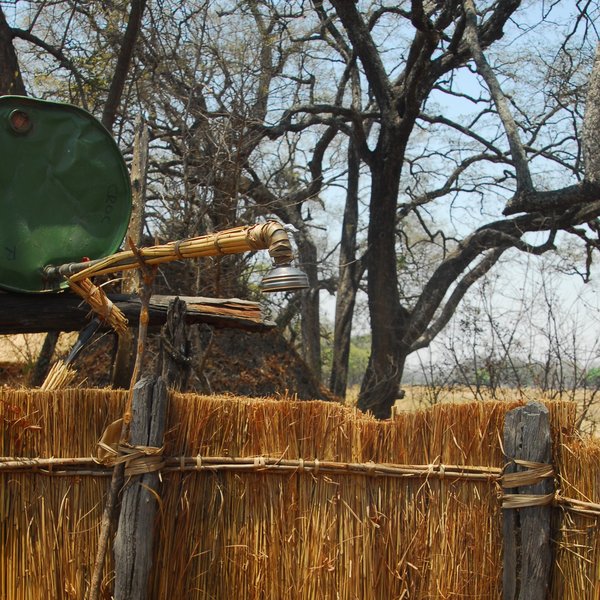
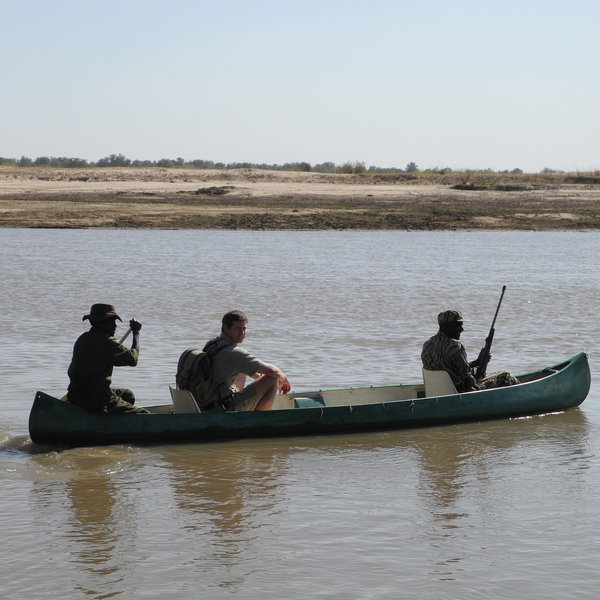
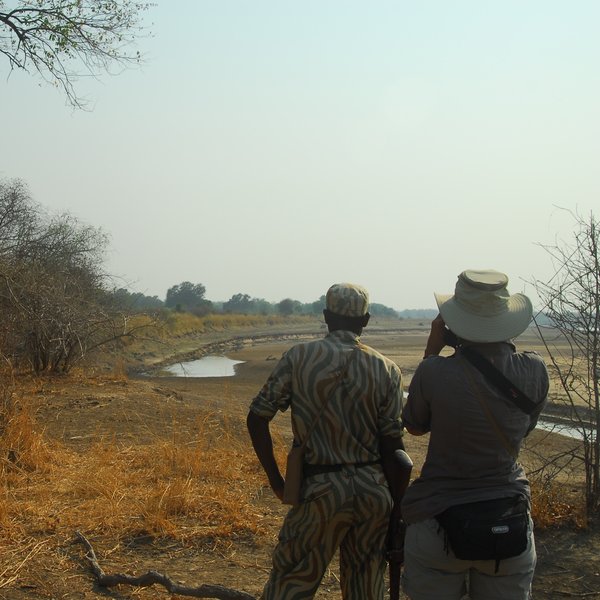
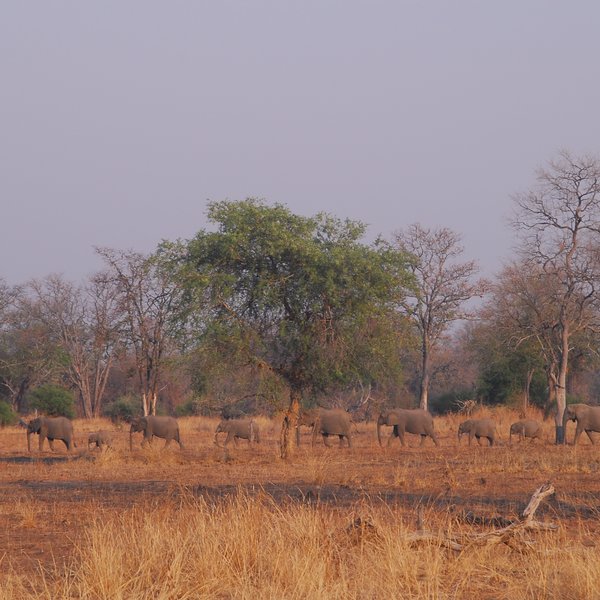
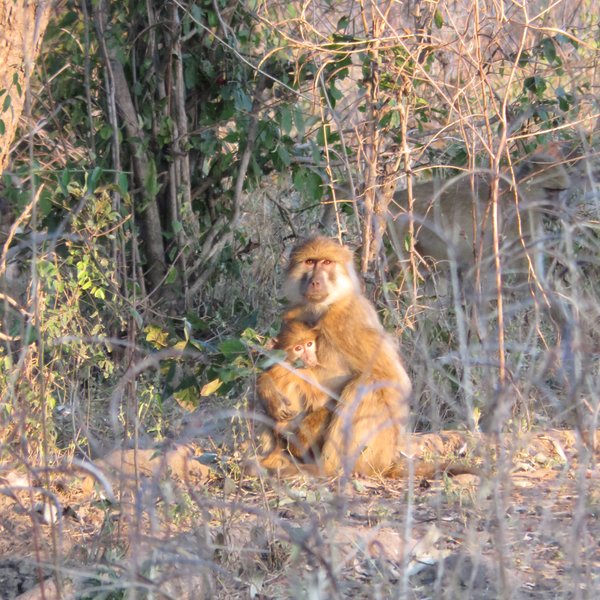
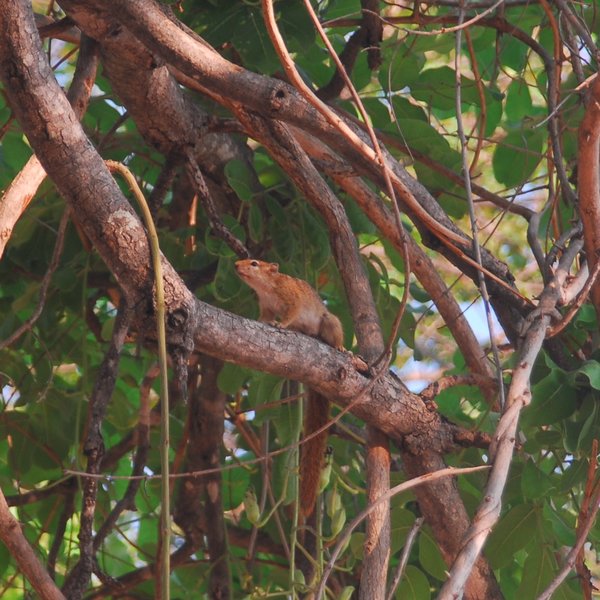
Expert Africa's gallery
When we travel we take lots of photos ourselves to give you a real and un-edited view of the safaris. See our 33 pictures of Big Lagoon Camp to get the candid view.
View gallerySafaris visiting Big Lagoon Camp
Just ideas, we'll always tailor-make a trip for you
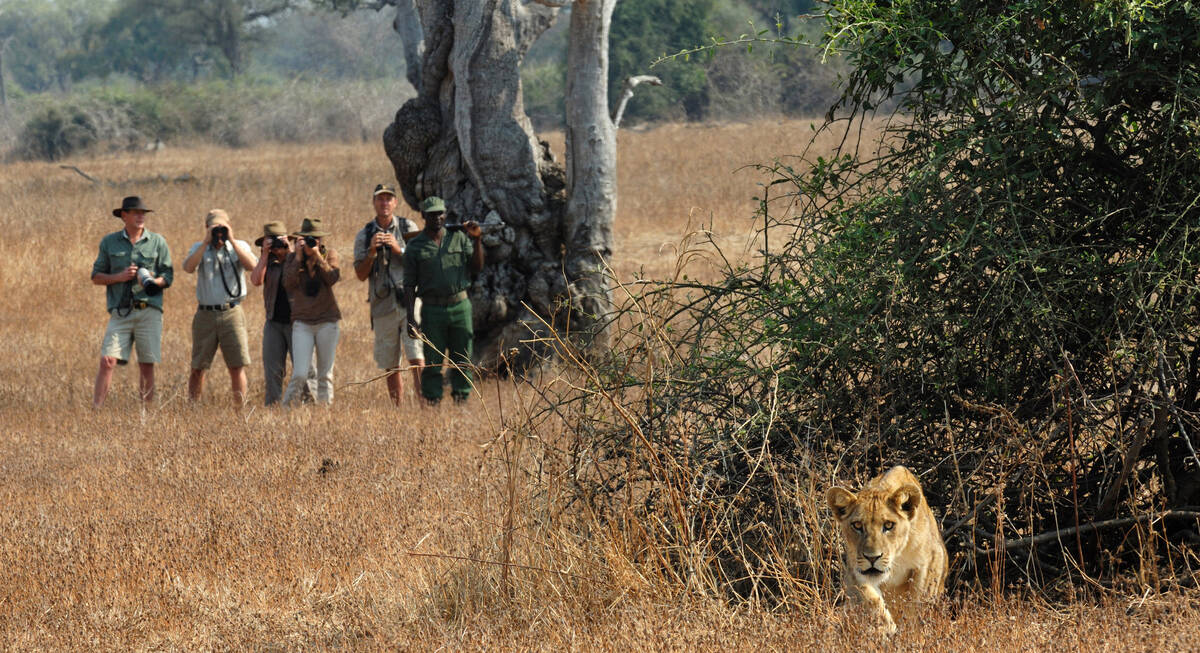
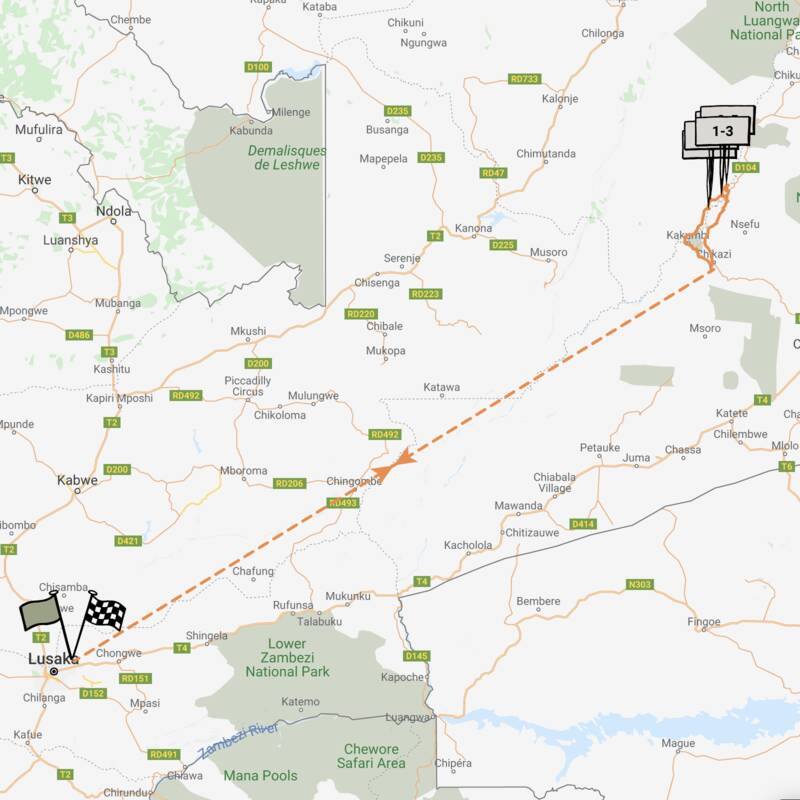
Perekani Walking Trail
10 days • 5 locations • 1 country
LUSAKA AIRPORT TO LUSAKA AIRPORT
Five smart but rustic bushcamps are the comfortable staging posts for this walking safari in South Luangwa. The route offers outstanding seclusion and rich wildlife with top-quality guiding throughout.
Visiting South Luangwa
US$9,590 - US$12,210 per person
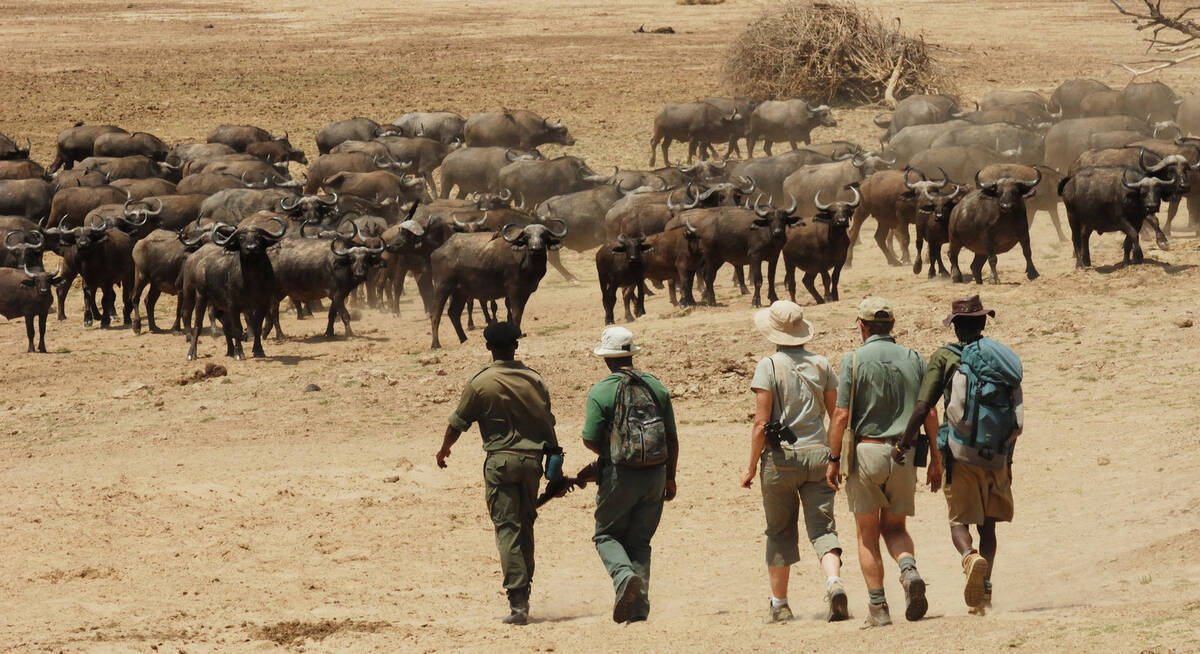
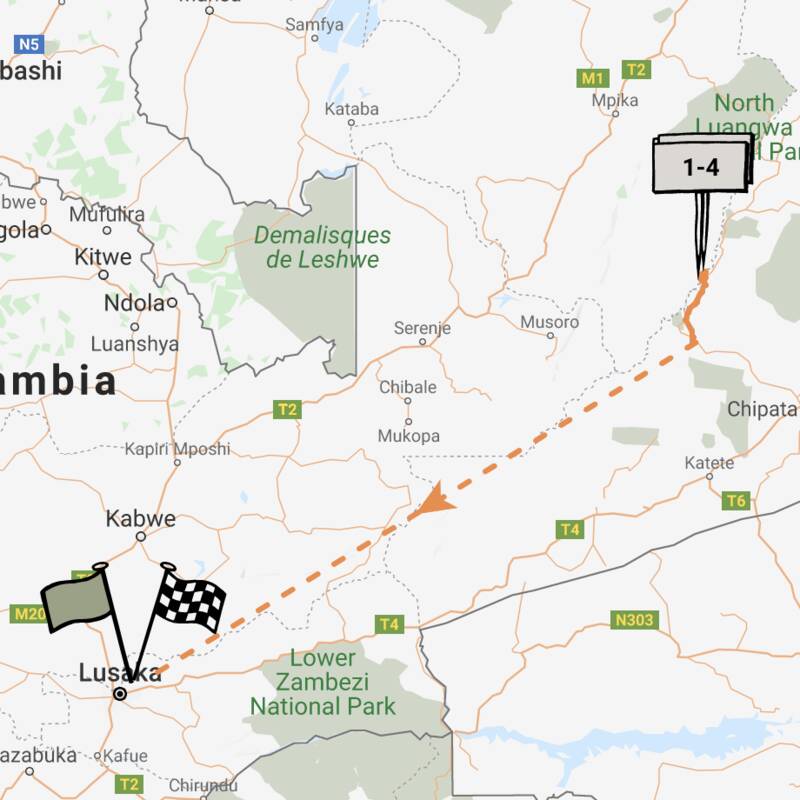
Scrub Hare Safari
7 days • 3 locations • 1 country
LUSAKA AIRPORT TO LUSAKA AIRPORT
Camps run by welcoming owners with a passion for their environment are rare, and Tafika is one of the best. Combine this with walking safaris at equally excellent bushcamps for the best of the South Luangwa.
Visiting South Luangwa
US$6,290 - US$7,630 per person
Big Lagoon Camp: Our full report
Big Lagoon Camp, which replaces Crocodile Bushcamp a kilometer away, is one half of a pair of bushcamps, ...
... known as Chikoko Trails. Together they form the base camps for one of Zambia's best walking safari experiences. With just three rooms, expertly made of reed and thatch, and overlooking a permanent lagoon that attracts wildlife year-round, Big Lagoon offers a tranquil base from which to explore this walking-only area of South Luangwa park.
Big Lagoon Camp is paired with Chikoko Tree Camp, and together they act as satellite walking camps for the slightly larger Tafika Camp. All three are owned and operated by one of the Luangwa Valley's top walking safari guides, John Coppinger, who is based at Tafika.
The permanent waters of Big Lagoon sustains green plants and nutritious grazing for the animals year round, affording shade from the resulting in a tall grove of evergreen ebony trees and some excellent wildlife viewing from camp
Accommodation at Big Lagoon consists of three, very spacious reed-and-thatch chalets, taking just six guests when full. The intricately constructed chalets are set on a ridge at the edge of the lagoon, where the ancient riverbank used to be, and have open picture windows to maximise the super waterfront views. Each chalet has twin double-size beds, or a double king-size bed, thoughtful dressing and storage space and an en-suite private bathroom with a separate flush toilet and shower, both of which are open-to the skies. The bedrooms have cool concrete and paved stone floors, dotted with woven mats, and a lattice shutter made out of strong reed stalks should you wish to cover your room window at night. Reed blinds can be lowered for anyone who prefers, and there are curtains that can be drawn. Each room also has a small fan and a large lockbox.
Big Lagoon Camp's main area is open to the front and covered by a shady thatched roof. Along with a small, well-stocked 'help-yourself' bar and little library, there's a wooden table laid at mealtimes with linen, glassware and crockery. Everyone eats together, usually out in the open under the trees or on the deck. Between walks, the comfortable seating on the waterfront deck, under shade, offers a great vantage point for wildlife watching.
Big Lagoon Camp is reached on foot – either a relatively short 15-minute walk from the Luangwa River crossing point, or after a longer, meandering walking safari. Porters will carry your luggage to and from camp separately, leaving you to walk just with a small daypack to hold your camera, binoculars and water bottle.
Activities at Big Lagoon Camp concentrate solely on walking safaris. Walks normally last about three to four hours, including a mid-morning or afternoon break for tea, and are led at a moderate pace. The emphasis is on taking your time to observe the area's wildlife, tracking, taking in the smells and sounds, and learning about the natural environment, so a modest level of fitness is fine. The terrain is broadly level but often uneven underfoot, making sturdy walking shoes or boots a necessity.
The top safari guides from Tafika are shared with Big Lagoon Camp – guaranteeing the excellent wildlife knowledge and experience that is the hallmark of this operation. Most guests arrive at Big Lagoon from Tafika or Chikoko Tree Camp as part of a longer walking safari, usually starting or ending at Tafika. You can easily walk between each of these camps in about three to four hours.
For an aerial view of the three camps, see the satellite map of the area. If you want to venture further, then these camps combine well with their more distant sister camps, Mwaleshi Bushcamp and Takwela Camp, in North Luangwa National Park.
Geographics
- Location
- South Luangwa National Park, Zambia
- Ideal length of stay
- If you want to plan a South Luangwa walking safari including Big Lagoon Camp, it usually works best to start at Tafika for two to four nights, and then head to the bushcamps – Big Lagoon Camp and Chikoko Tree Camp – for two to three nights each. Often trips will then return to Tafika for a night or two at the end – although some will finish with a visit to Mwaleshi and Takwela Camp, in North Luangwa National Park.
- Directions
- From Mfuwe Airport it's approximately 2 hours by road to Tafika (or 15-minute flight transfer at an additional cost). From here, guests walk to Big Lagoon Camp, either on a relatively short 15-minute walk from the river crossing point or taking about 3 to 4 hours on a walking safari.
- Accessible by
- Fly-and-Transfer
Food & drink
- Usual board basis
- Full Board & Activities
- Food quality
- The small kitchen team at Big Lagoon Camp produces really excellent cuisine from a remarkably simple bush kitchen. This includes delicious freshly baked bread cooked underground in the wood-fired 'oven'. They are also able to cater for vegetarians, vegans and a wide range of other dietary requirements on request.
On our last visit we arrived after our walk in time for a buffet lunch of a refreshing mint and apple starter, followed by beefburgers in freshly baked sesame buns. Accompanying this we enjoyed grilled pineapple, tomato and onion, plus chips, a selection of pickles and chutneys and fresh salad from Tafika's vegetable garden. Dessert was a light lemon mousse.
After returning from our afternoon walk, we were served the camp's set dinner: Thai pancakes followed by a pork and vegetable stir fry and coconut rice, rounded off with a tasty apple crumble and hot custard.
A very early morning breakfast is served around the campfire. On our visit there was a choice of cereal, fruit salad, toast and a cold platter of ham, cheese, pickles and tomato, as well as tea, coffee and juice. - Dining style
- Group Meals
- Dining locations
- Indoor and Outdoor Dining
- Further dining info, including room service
- No
- Drinks included
- Soft drinks, house wine and a good selection of local spirits are included in the rates. Flasks of filtered water are provided in the chalets and personal, refillable water bottles are provided for drinking water throughout the day.
Special interests
- Solo Travel
- Walking safaris at Big Lagoon Camp are with a small group of other guests, led by well-informed guides who are keen to share their knowledge. The camp is small and intimate, and the low single supplement adds to its attraction for solo travellers in Zambia.
- See ideas for Solo Travel in Zambia
- Birdwatching
- Overlooking a verdant lagoon, Big Lagoon Camp is in a great location for birds, with first-rate guides who know their birdlife. Even sitting in the main area or on the shaded deck with some binoculars provides a great opportunity for birdwatching in Zambia.
- See ideas for Birdwatching in Zambia
- Walking safaris
- Located in a remote area with great wildlife and no interruptions from vehicles, Big Lagoon Camp is one of the best camps for walking safaris in Zambia. Top walking guides, and porters to transfer your luggage between camps, add to the experience.
- See ideas for Walking safaris in Zambia
Children
- Attitude towards children
- Big Lagoon Camp welcomes children 12 years and over who are keen walkers and interested in nature.
- Property’s age restrictions
- Children under the age of 12 are not allowed to take part on a walking safari as per national park rules.
- Special activities & services
- None
- Equipment
- None
- Generally recommended for children
- We recommend this camp for mature, well-behaved children over the age of about 16 years. With walking the only activity here, there is nothing else to keep children occupied, and there are no family rooms available.
- Notes
- Big Lagoon Camp is very remote and is not fenced in, so animals do roam freely through the camp. Children should be supervised at all times.
Our travellers’ wildlife sightings from Big Lagoon Camp
Since mid-2018, many of our travellers who stayed at Big Lagoon Camp have kindly recorded their wildlife sightings and shared them with us. The results are below. Click an animal to see more, and here to see more on our methodology.

100% success

93% success

88% success

85% success

70% success

63% success

40% success

14% success

12% success

9% success

9% success

8% success

0% success

0% success

0% success
Communications
- Power supply notes
- There is a charging strip in Big Lagoon Camp’s main area to charge camera batteries and the like. Guests will need to bring their own adaptors.
- Communications
- There is no cellphone reception or WiFi connectivity here. Big Lagoon Camp is in radio communication with its base at Tafika Camp.
- TV & radio
- No TVs or radios
- Water supply
- Borehole
- Water supply notes
- The handbasins are plumbed in and each chalet has a flushing toilet. A jug of hot water will be brought to your chalet each morning. The bathrooms have showers plumbed in to cold water. An attached drum is filled with hot water ready for your return from the afternoon walk.
Health & safety
- Malarial protection recommended
- Yes
- Medical care
- Walking safari guides are first aid trained and carry a first aid kit. There is a doctor in Mfuwe, about an hour's drive from Tafika. In a medical emergency, Tafika will contact a flying-doctor service.
- Dangerous animals
- High Risk
- Fire safety
- There are sand buckets outside each chalet as well as in the main area.
Activities
Birdwatching
Guided walking safari
Extras
- Disabled access
- Not Possible
- Laundry facilities
- A simple complimentary laundry service is included, but this does not include ladies' underwear; soap for handwashing these items is provided in the chalets. Clothes are hand-washed and coal-ironed – so we suggest that you don't have very delicate items laundered here.
- Money
- No exchange facilities are provided.
- Accepted payment on location
- No money is required at Big Lagoon Camp. Payment for any extras may be made at Tafika, which accepts both Visa and Mastercard (with a 5.5% surcharge), as well as cash in UK pounds, US dollars, euros and Zambian kwacha. They do not accept travellers' cheques.
Plan and book your trip with Expert Africa
All of our trips are tailor-made, so we'll always adapt them to suit you. Talk to an Expert and let us plan and arrange your perfect trip.

Talk to an Expert
Call or email us now! We’ll match you with the Specialist in our team who is best suited to help you. Then together we can start planning your trip.

Set up your itinerary
Based on our experience and your ideas, your specialist will create a detailed, costed itinerary. We’ll refine it together, until we have a trip that you’re perfectly happy with.

Prepare for your trip
The same Specialist will make the seamless arrangements for your trip, send you detailed travel documents, and be available to answer any questions before you depart.

Travel with peace of mind
After you set off, you’ll be cared for by our partners in Africa, most of whom have worked with Expert Africa for decades. And if you ever need us urgently, we’re available 24/7.

When you return
We love to learn about your trip, and so will always be grateful if you’ve the time to give feedback to your Specialist when you return.
Big Lagoon Camp's location
Look closer at the environment and surroundings of Big Lagoon Camp.
Excursions from Big Lagoon Camp
Optional extra day-trips and excursions possible whilst you're staying at Big Lagoon Camp. Talk to us: these are usually best arranged before you go.
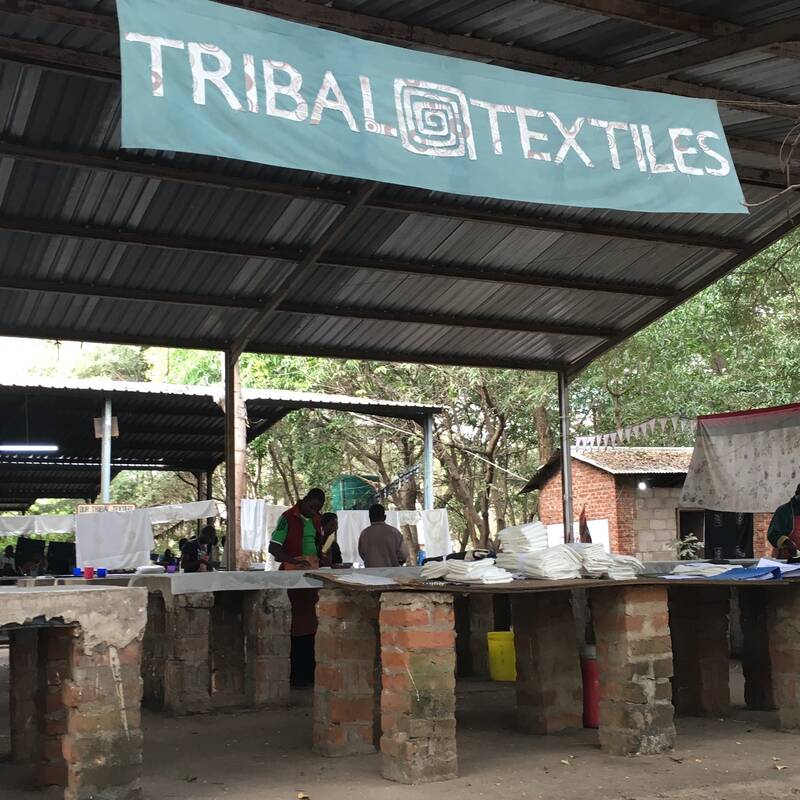
Tribal Textiles Tour
One - two hours
Visit the Tribal Textiles workshop, where hand-painted textiles are produced by more than a hundred local people. The workshop is close to Mfuwe Airport, so is ideally placed for a stop en route to/from the South Luangwa. With products ranging from cushion covers to bags and T-shirts, it's a great place for souvenir shopping while at the same time supporting the local community.
More about Tribal Textiles TourOther lodges in South Luangwa National Park
Alternative places to stay in this same area.
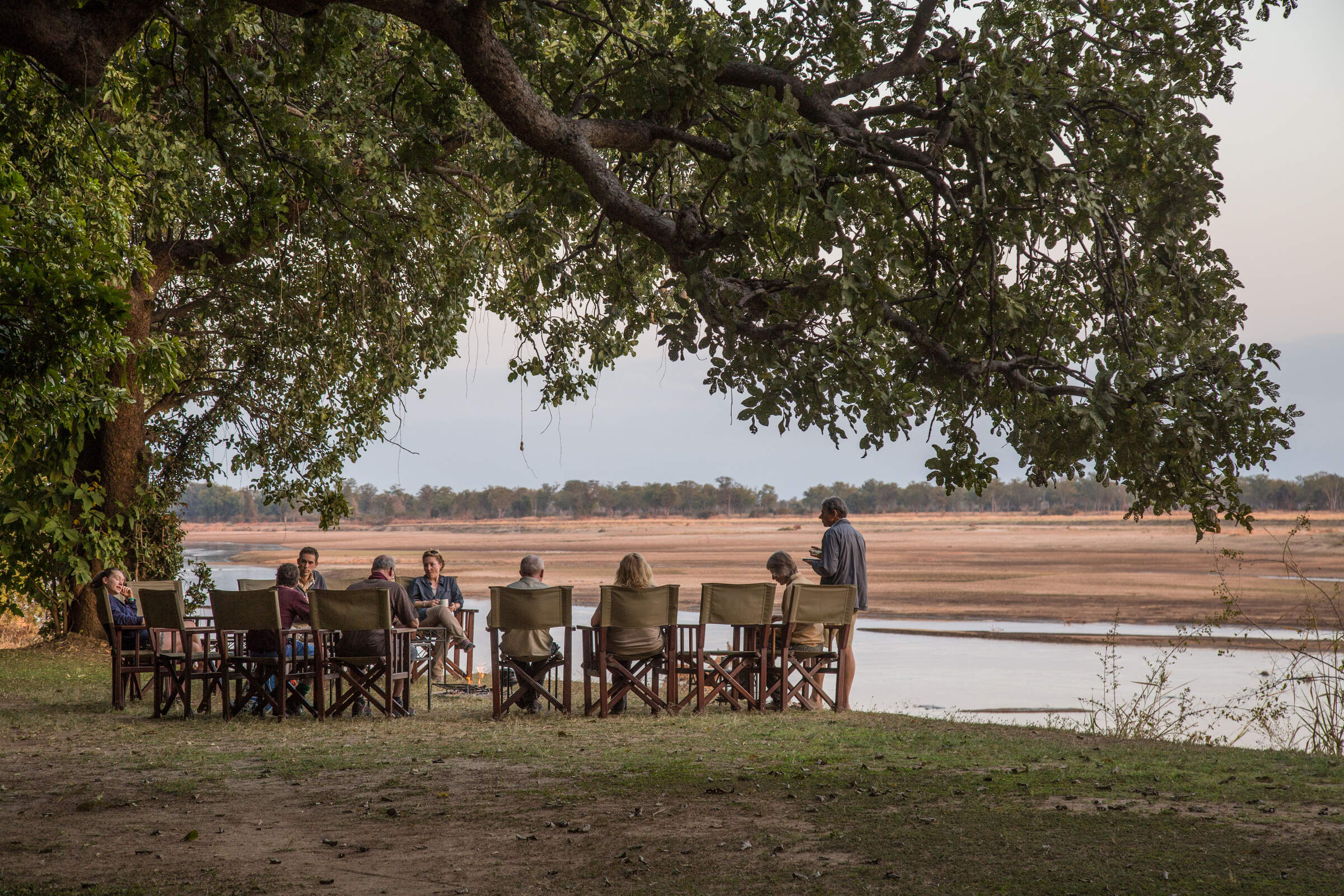
Tafika
One of the best camps in Zambia, Tafika is naturally built, combining excellent service and food with top guiding skills for a superb wildlife experience.
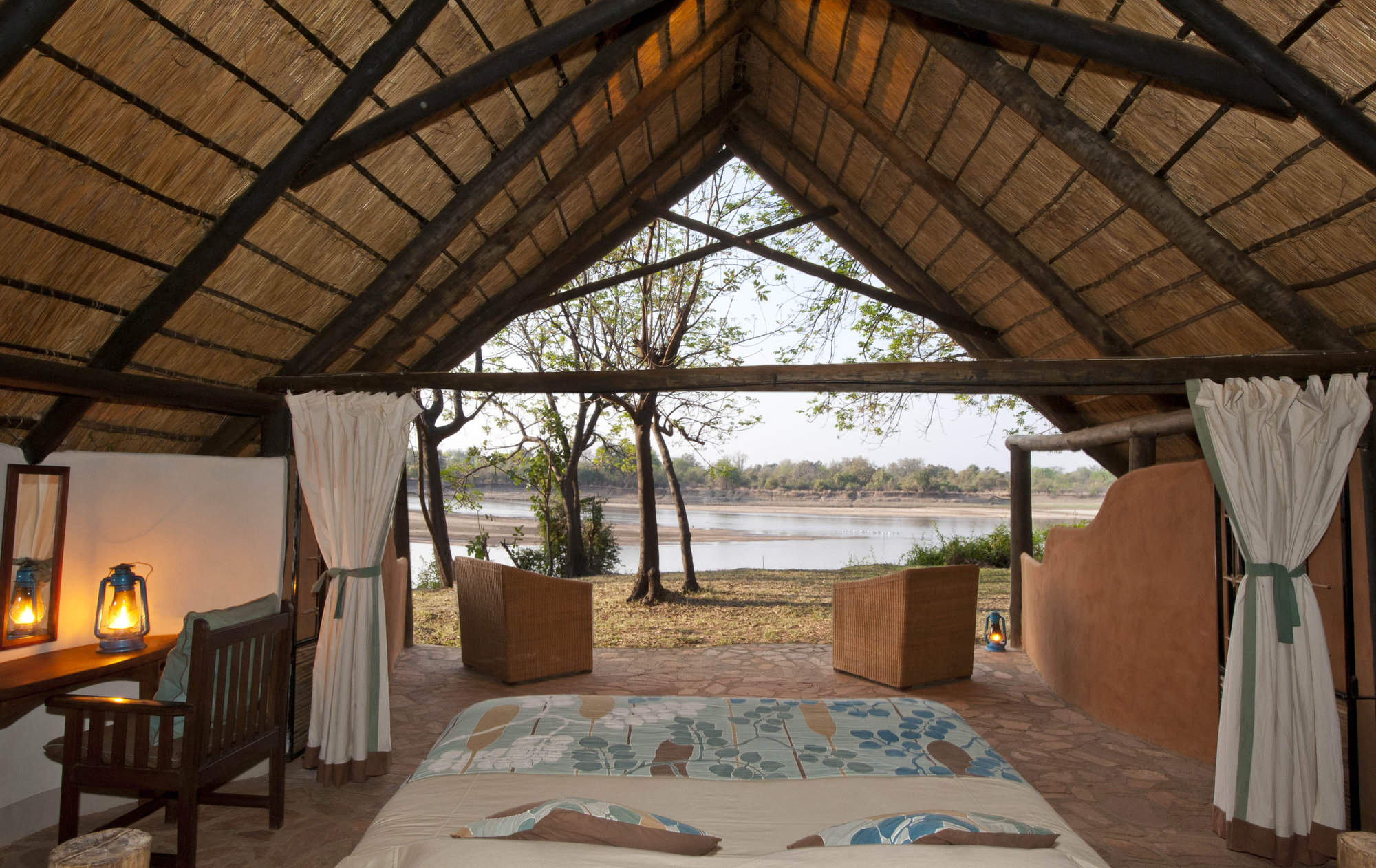
Nkwali
On the banks of the Luangwa River, with its own access to the national park, the intimate Nkwali is open year round.
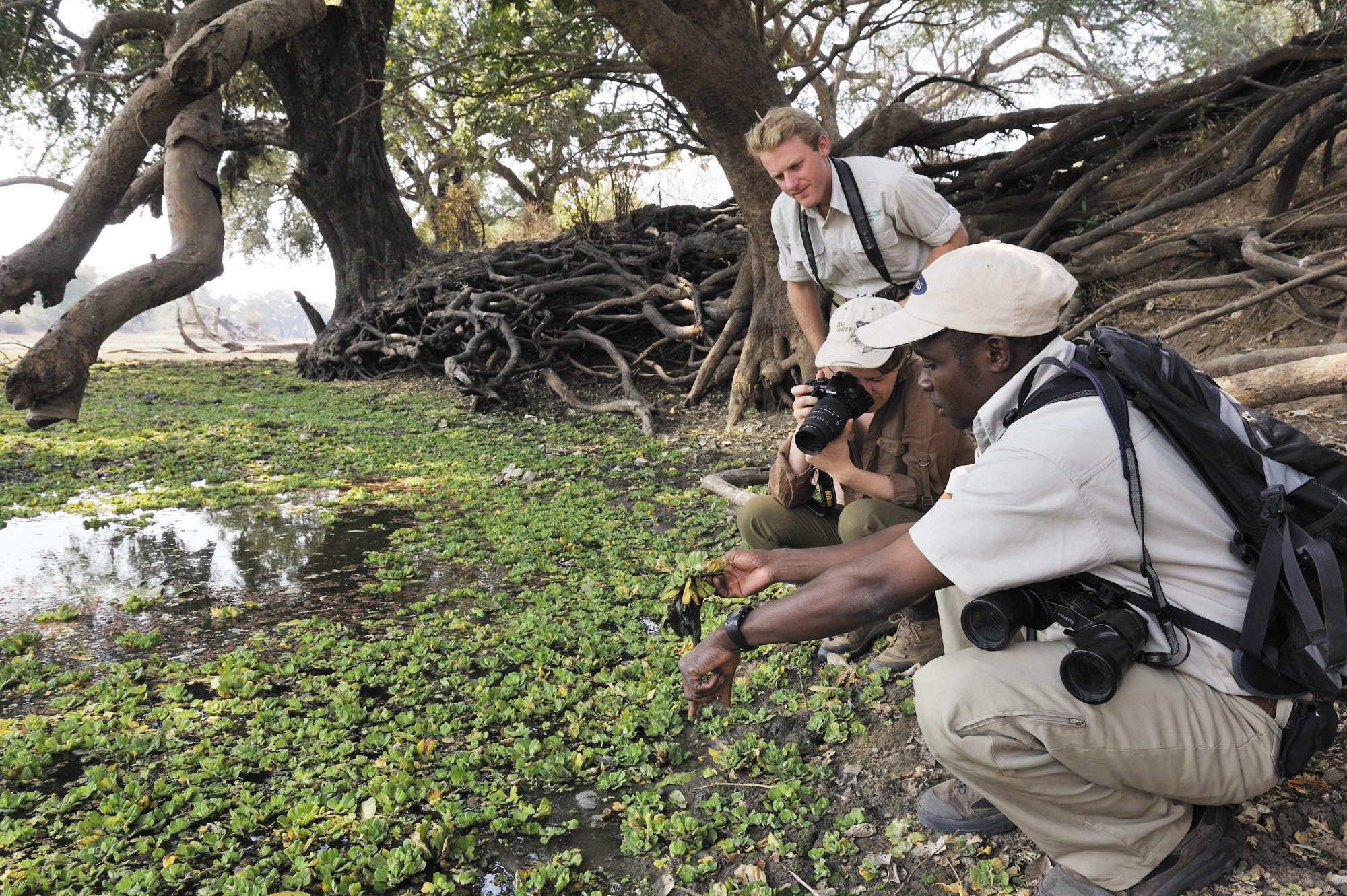
Kaingo Camp
Small and owner-run, the riverside Kaingo occupies a a quiet but excellent game area, with a series of wildlife hides and a focus on photography.
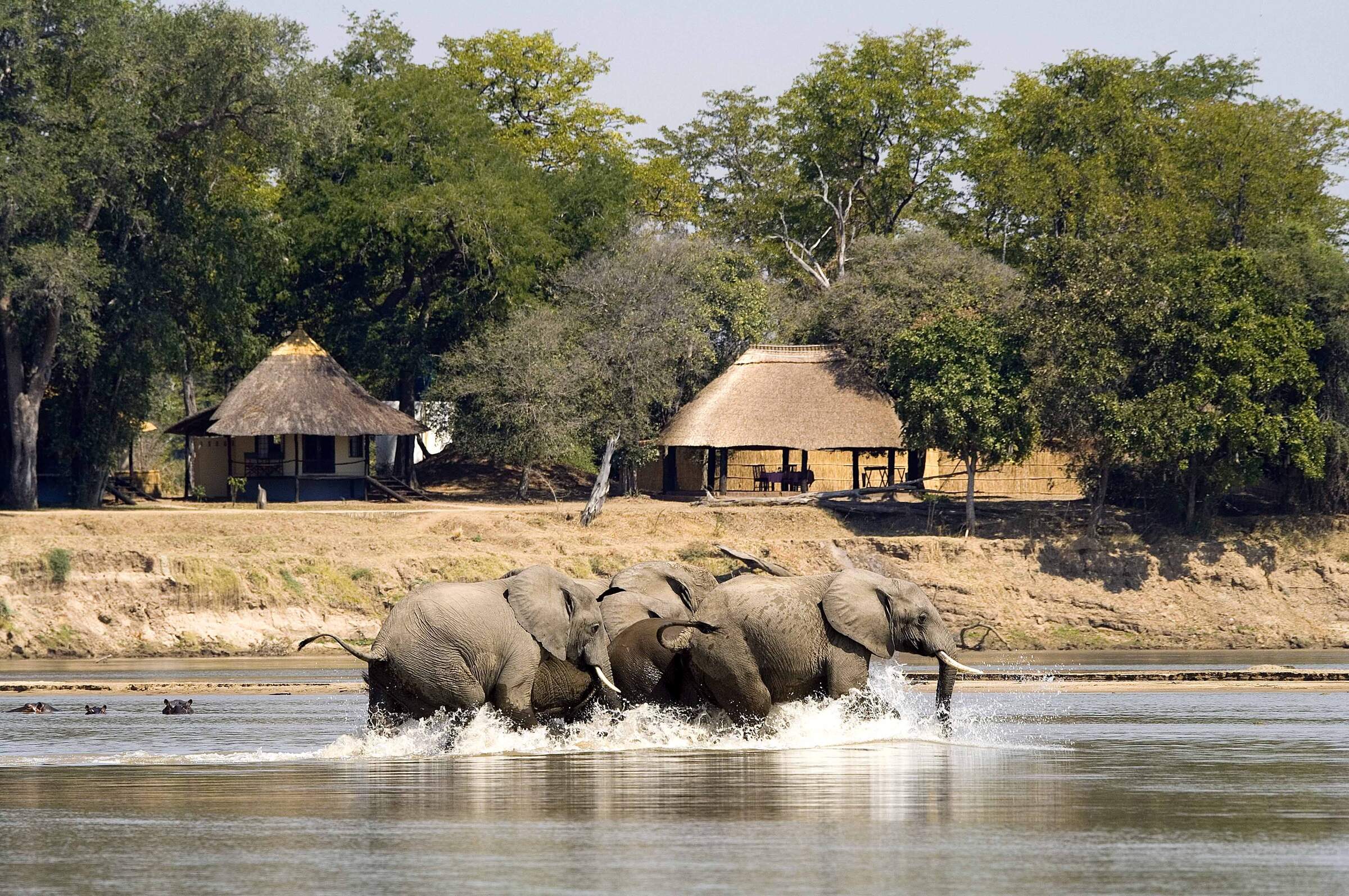
Nsefu
One of the Luangwa's oldest camps, Nsefu is a great safari camp in a remote, beautiful and game-rich location with top-rate guiding.
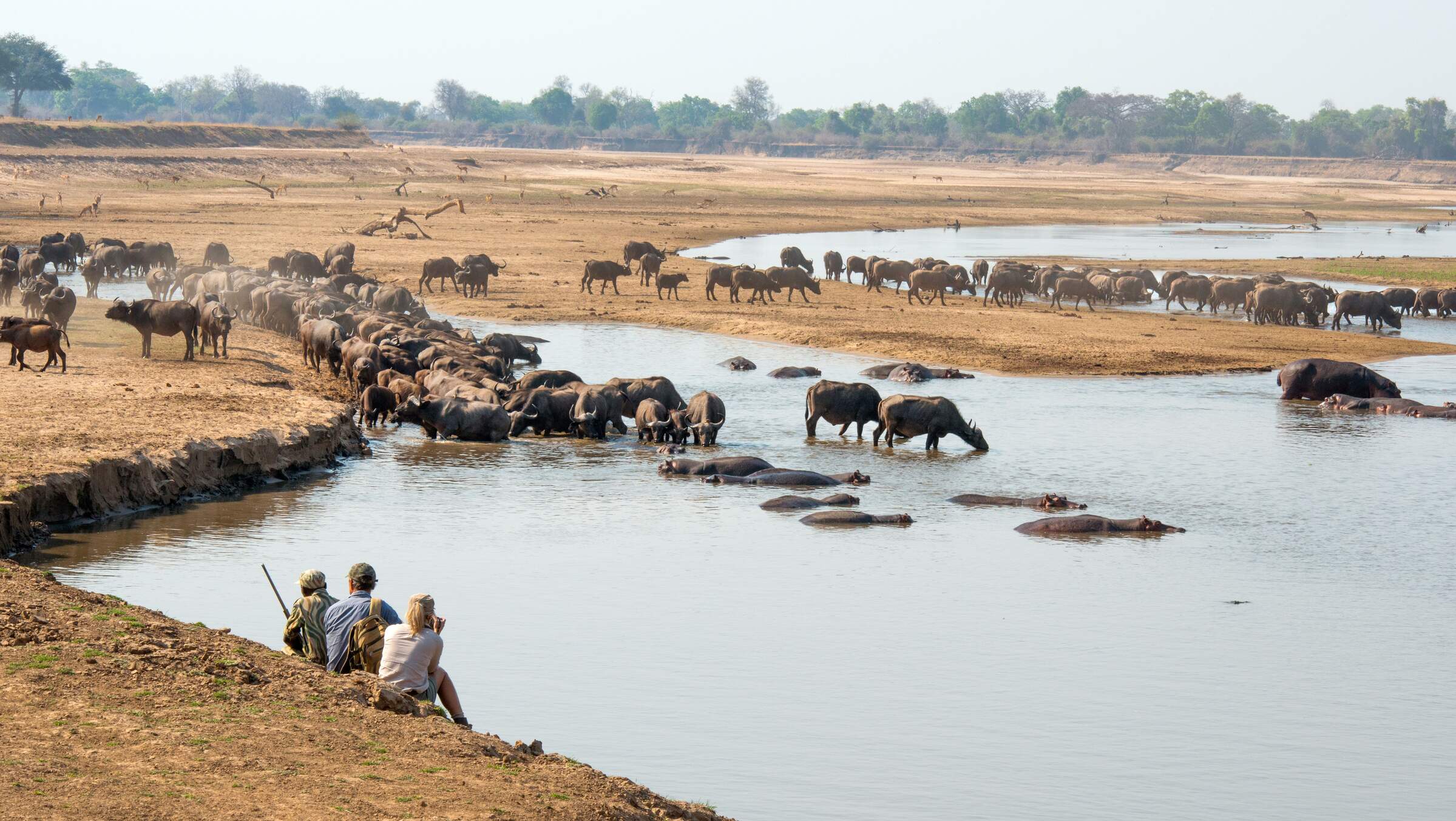
Mwamba Bushcamp
Small, remote and owner-run, Mwamba offers first-class walking, 4WD safari drives and superb hides, with excellent guides and a real bush feel.
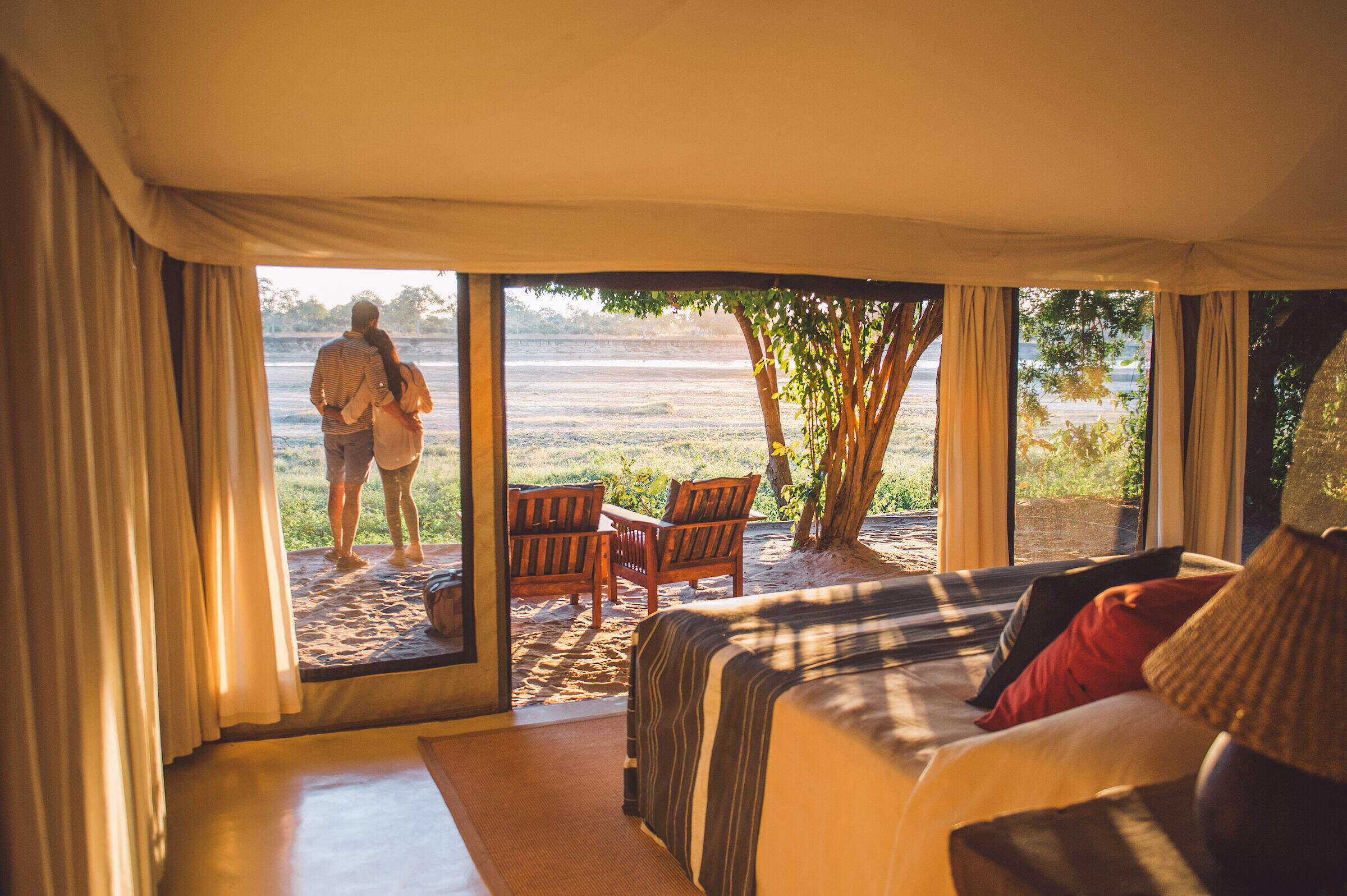
Tena Tena
One of the Luangwa's best camps, in a beautiful, remote bush location, Tena Tena is very small, exceedingly well-run and has top-rate guiding.
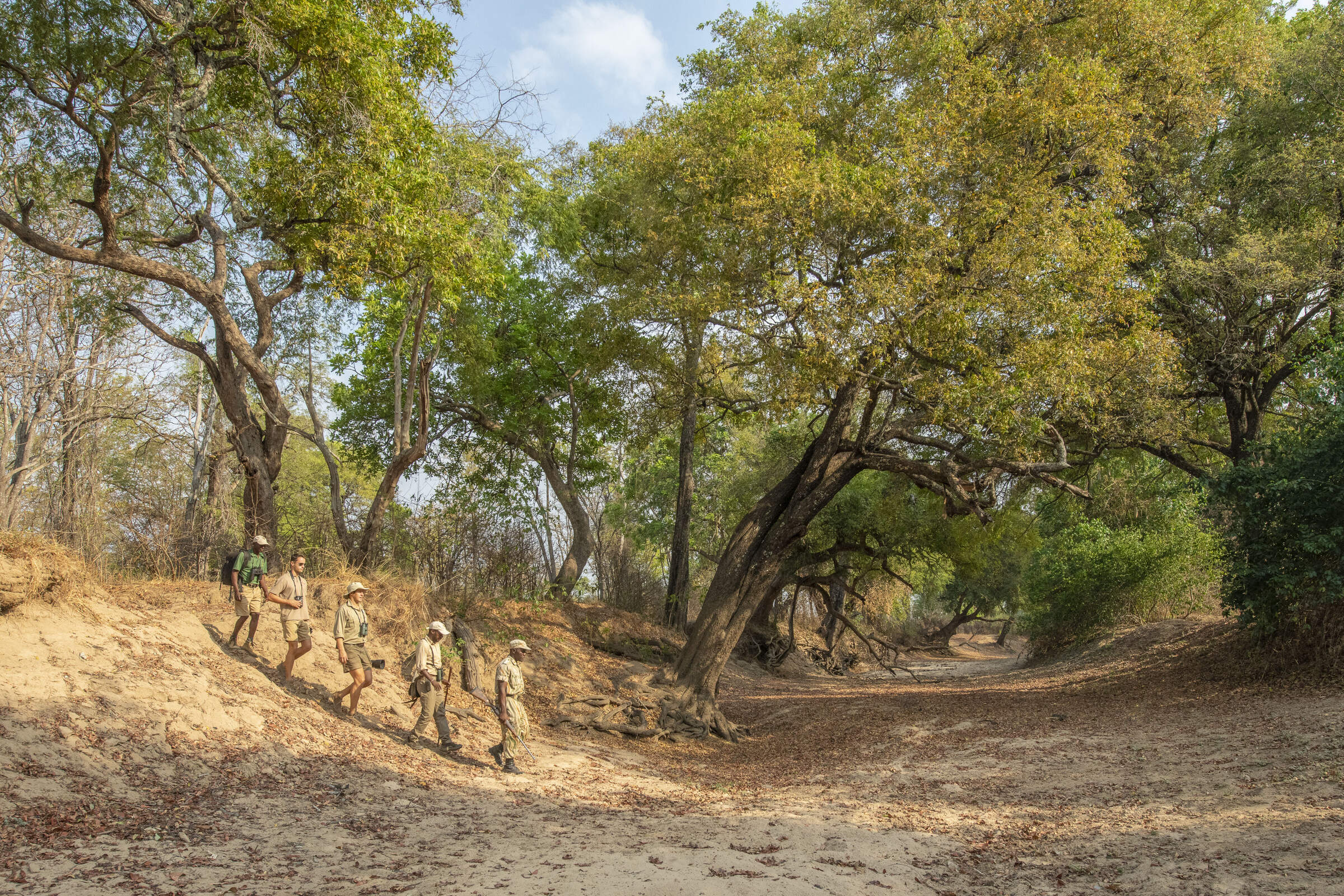
Chikoko Tree Camp
Chikoko Tree Camp is an excellent small, rustic bushcamp that concentrates on walking safaris, and is run by a top-quality operation.
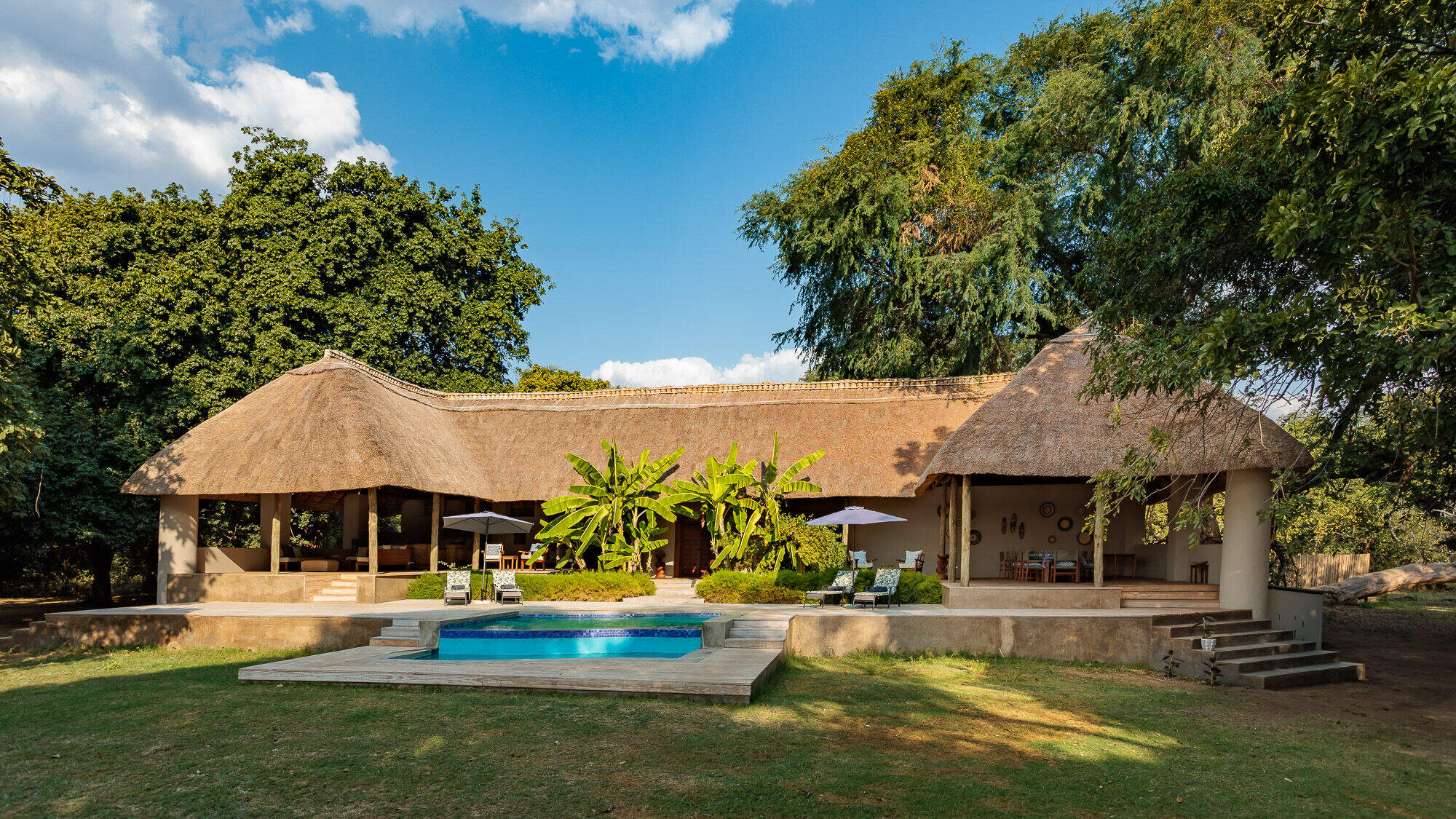
Luangwa River Camp
Luangwa River Lodge is a small and consciously stylish lodge in the Mfuwe area, overlooking the Luangwa River and the South Luangwa National Park beyond – an area renowned for great game.
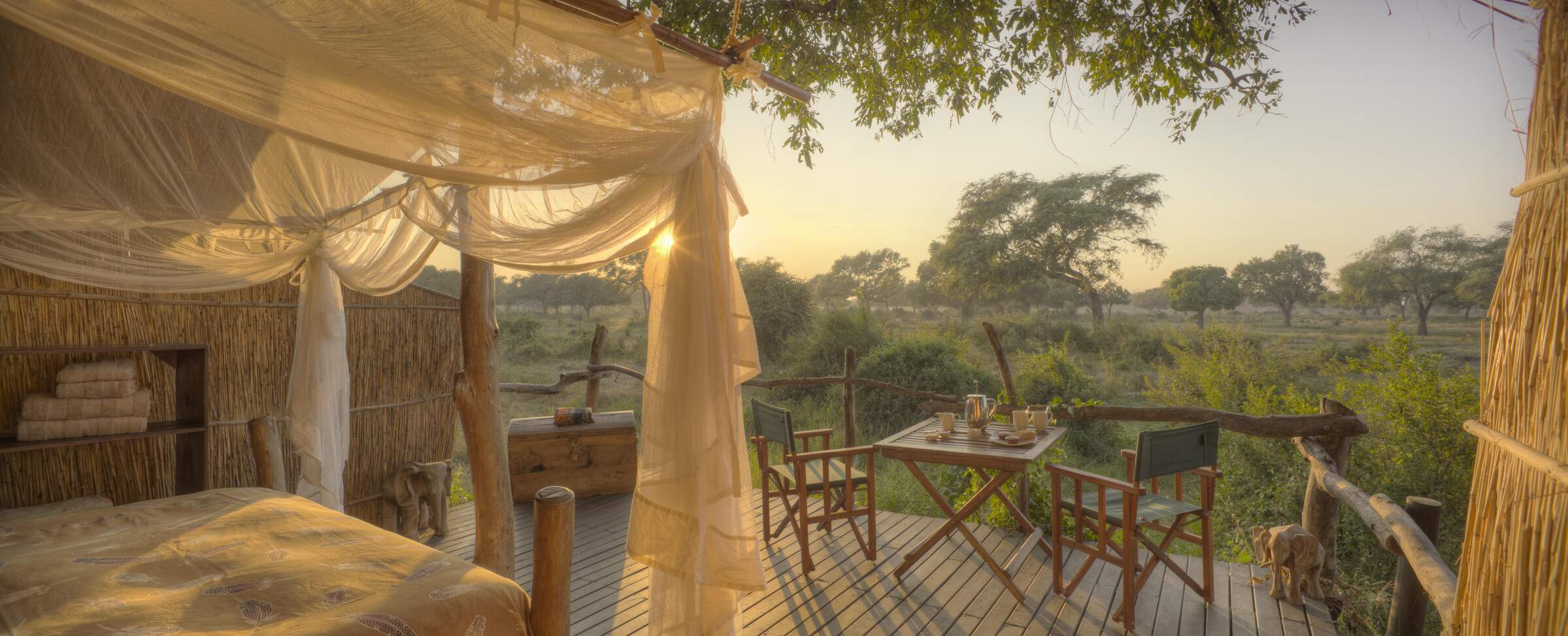
Flatdogs Camp
A relatively big safari camp, Flatdogs offers value for money with great guiding and good food in a comfortable, relaxed setting.
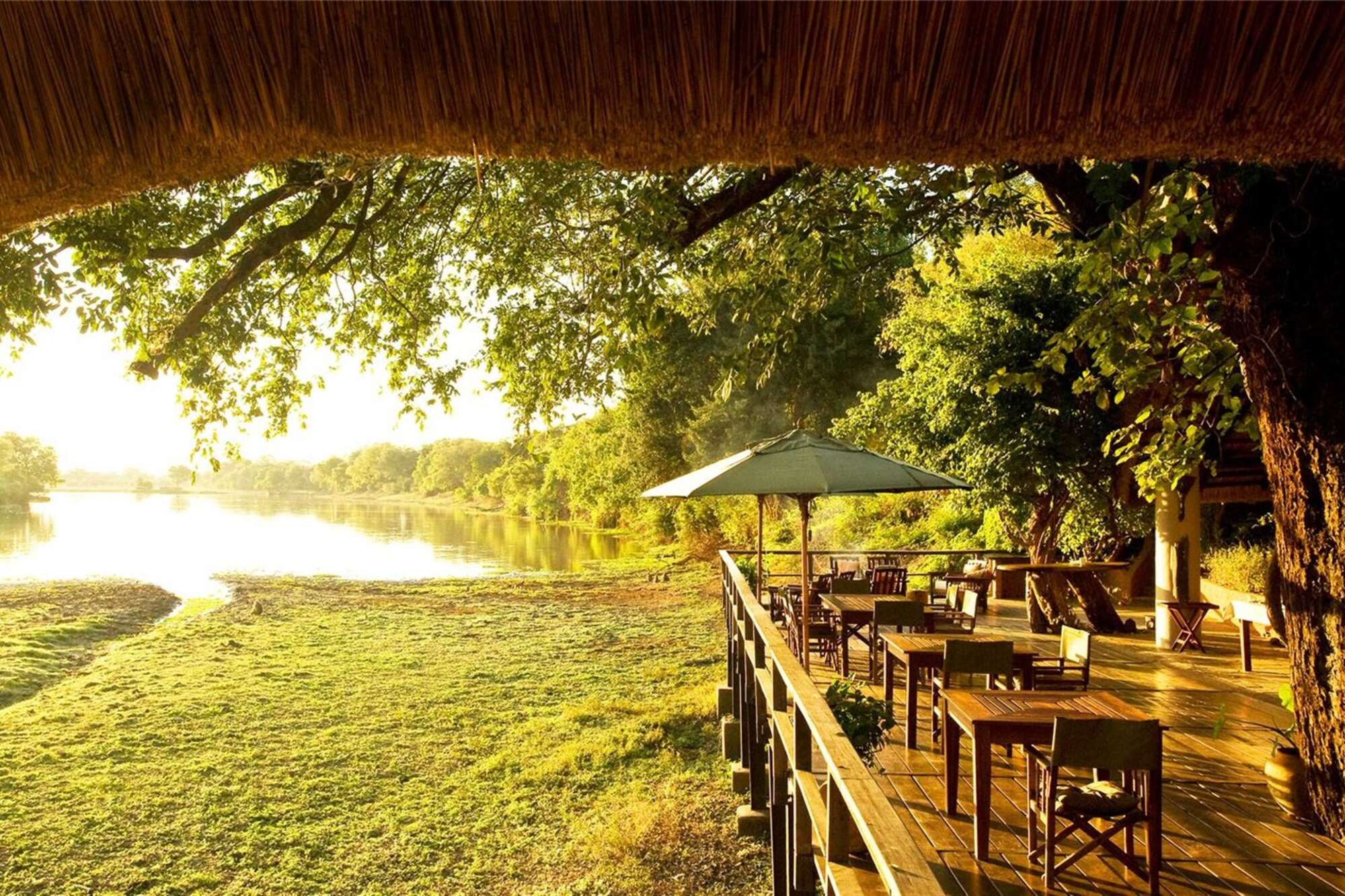
Kapani Lodge
Kapani Lodge is now the main office base for Norman Carr Safaris, one of the Luangwa's oldest safari operations.
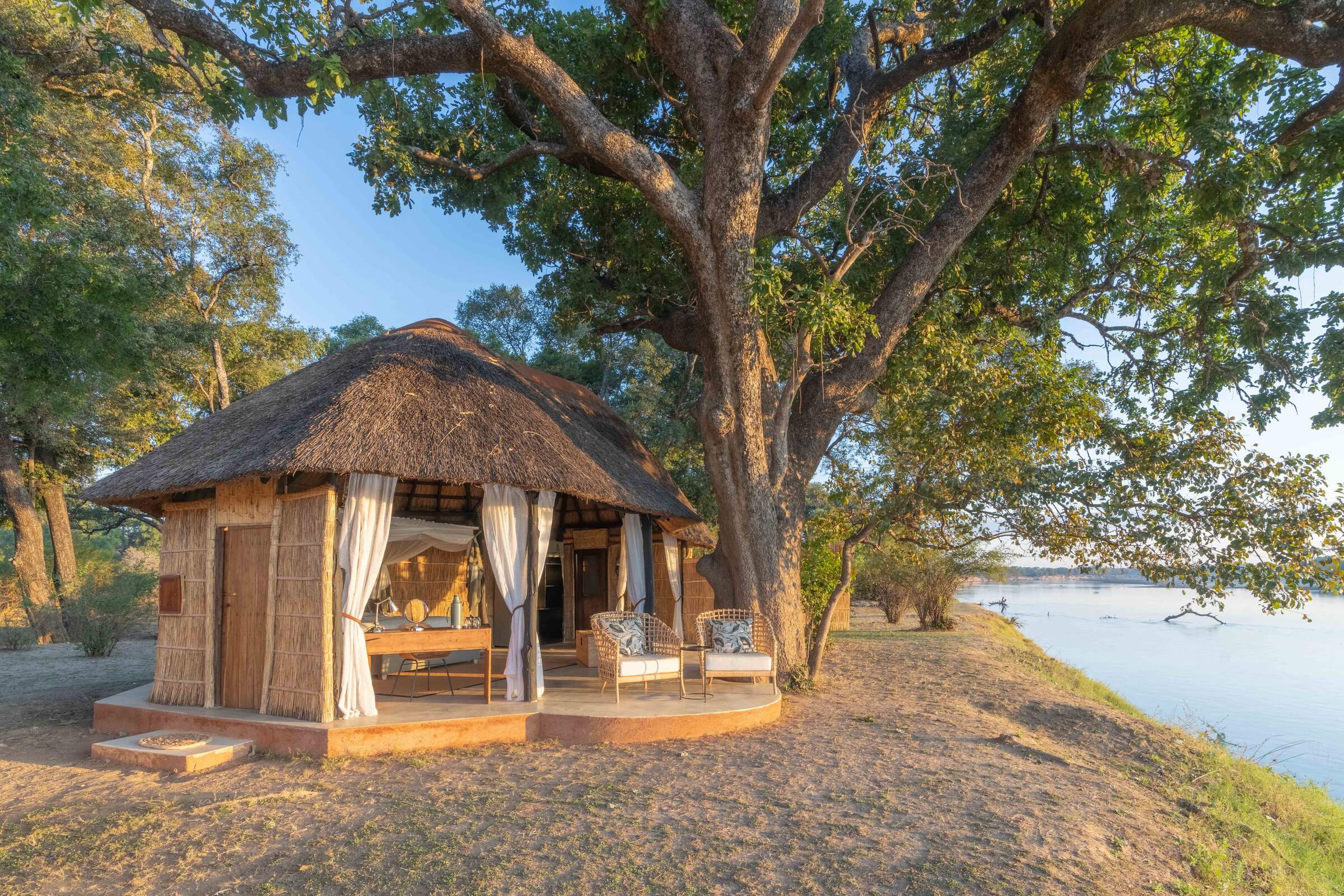
Mchenja Bushcamp
Set in a shady ebony grove on the banks of the Luangwa, Mchenja is a smart tented bushcamp. It combines well with Kakuli and Nsolo – its sister camps with a focus on walking safaris.
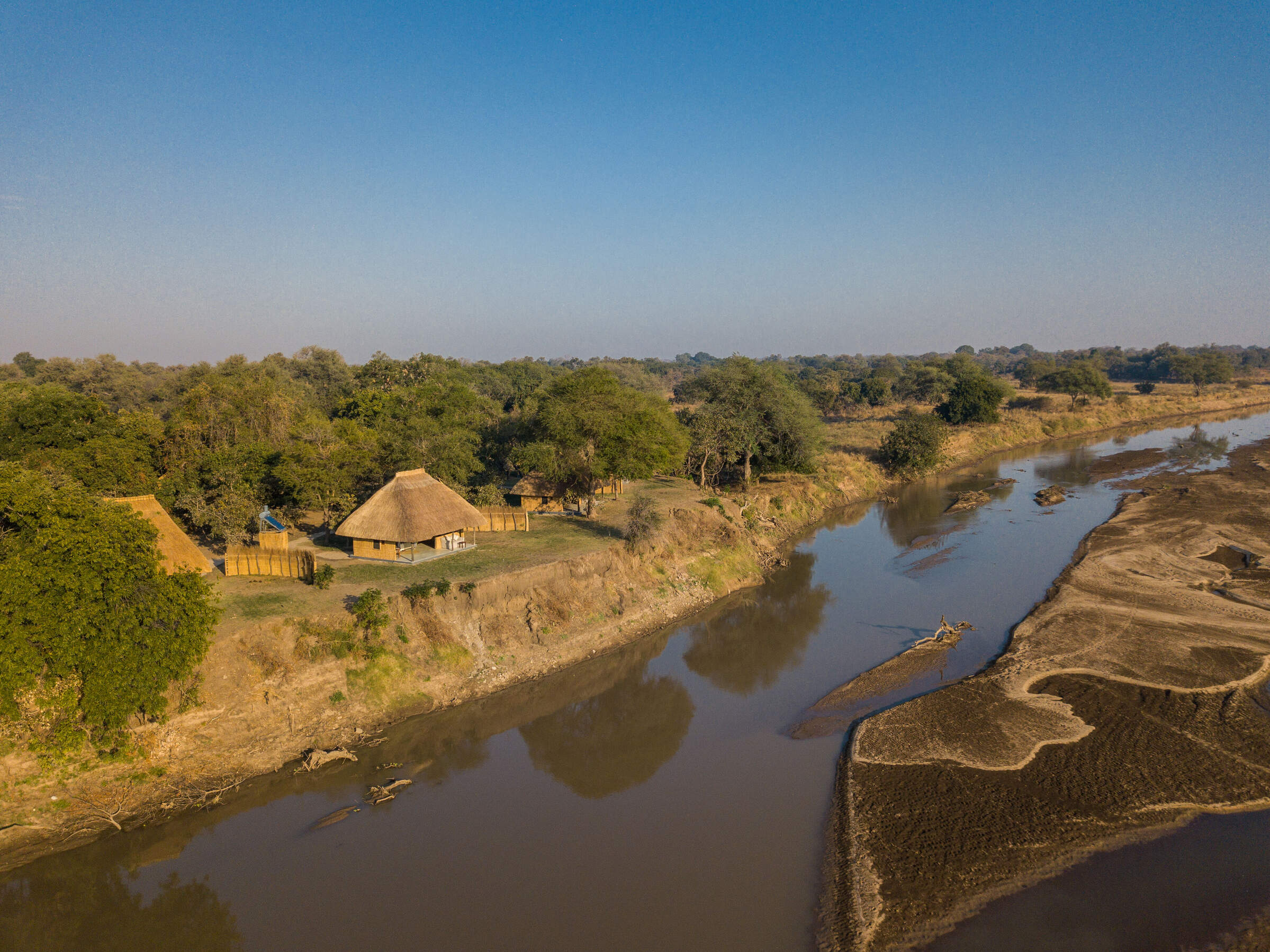
Kakuli Bushcamp
Beside the Luangwa River, Kakuli is a comfortable tented bushcamp offering 4WD safaris and walking safaris – the best of which are camp-to-camp walks linking Kakuli with its nearby sister camps.
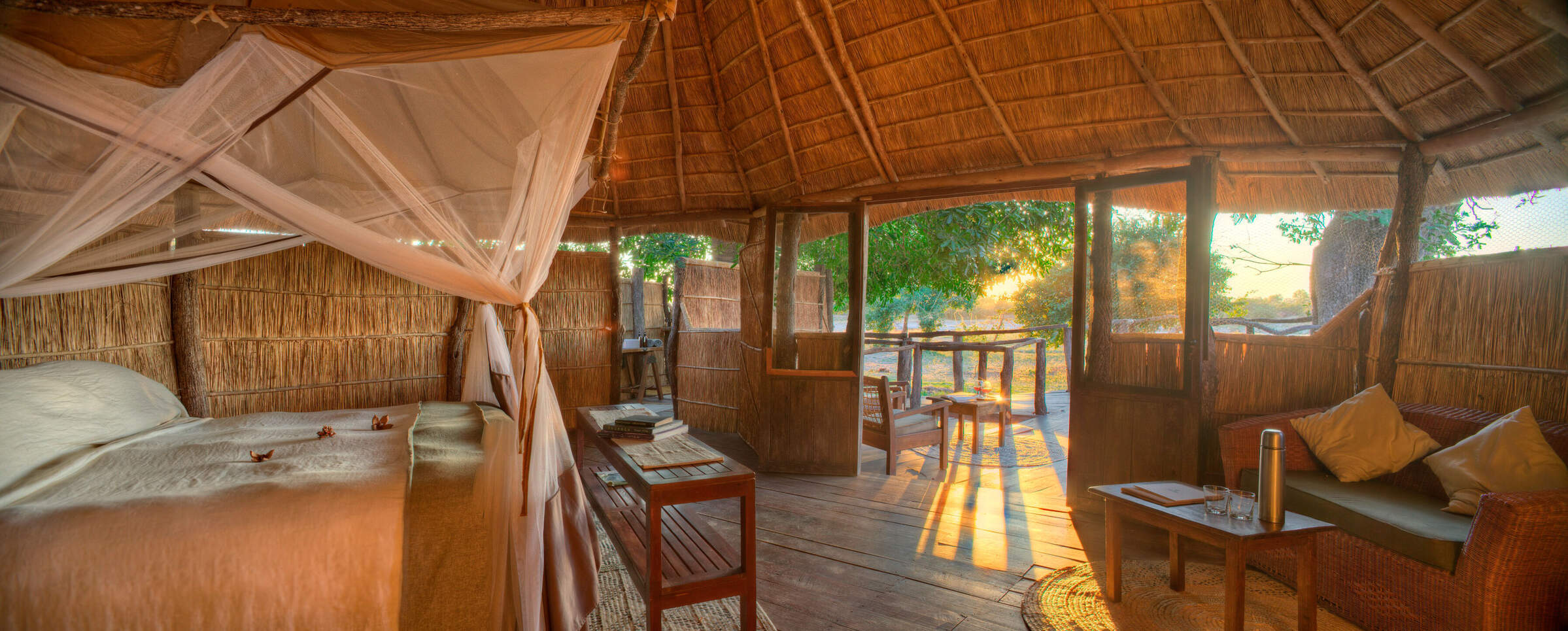
Nsolo Bushcamp
Nsolo is a small, comfortable bushcamp overlooking one or two pools in the usually dry Luwi riverbed. It concentrates on walking safaris in an interesting and diverse area, led by a knowledgeable guide.
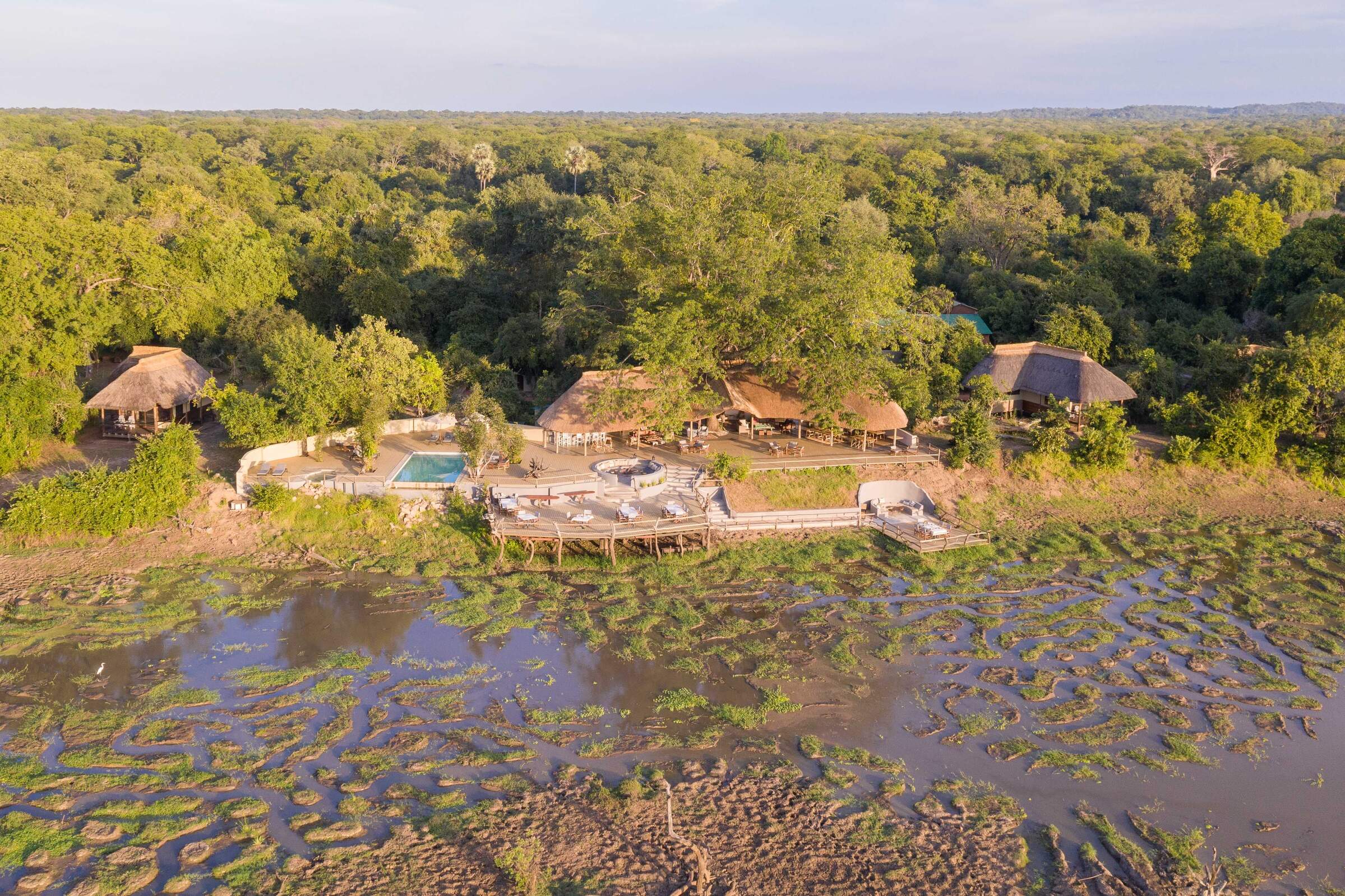
Kafunta River Lodge
Kafunta is a laid-back, friendly and good-value lodge on the outskirts of South Luangwa National Park.
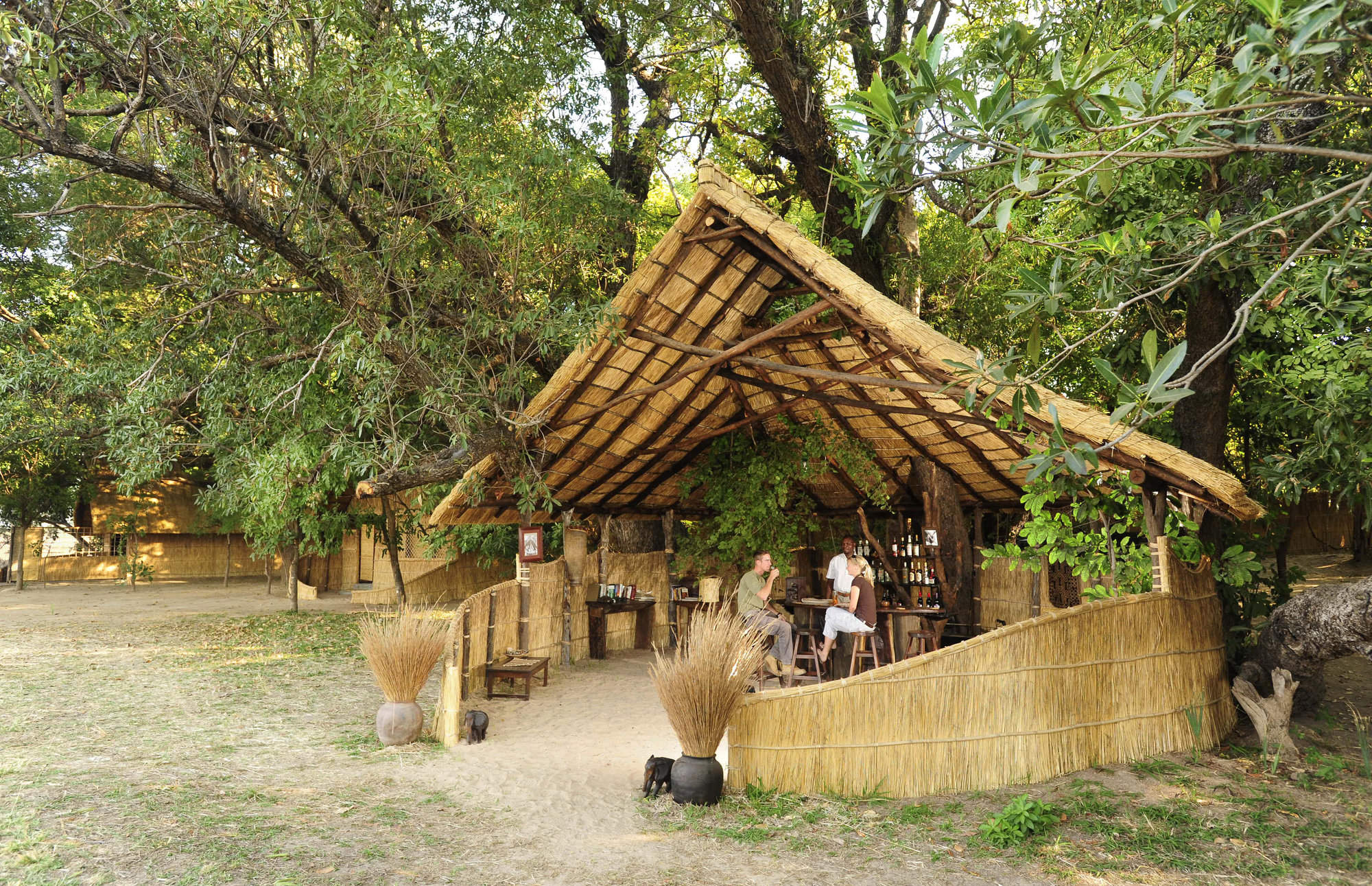
Luwi Bushcamp
In a remote part of the South Luangwa National Park, Luwi is a rustic bushcamp whose emphasis is on walking safaris with great guiding and a chance of seeing some rarely seen and elusive antelope.
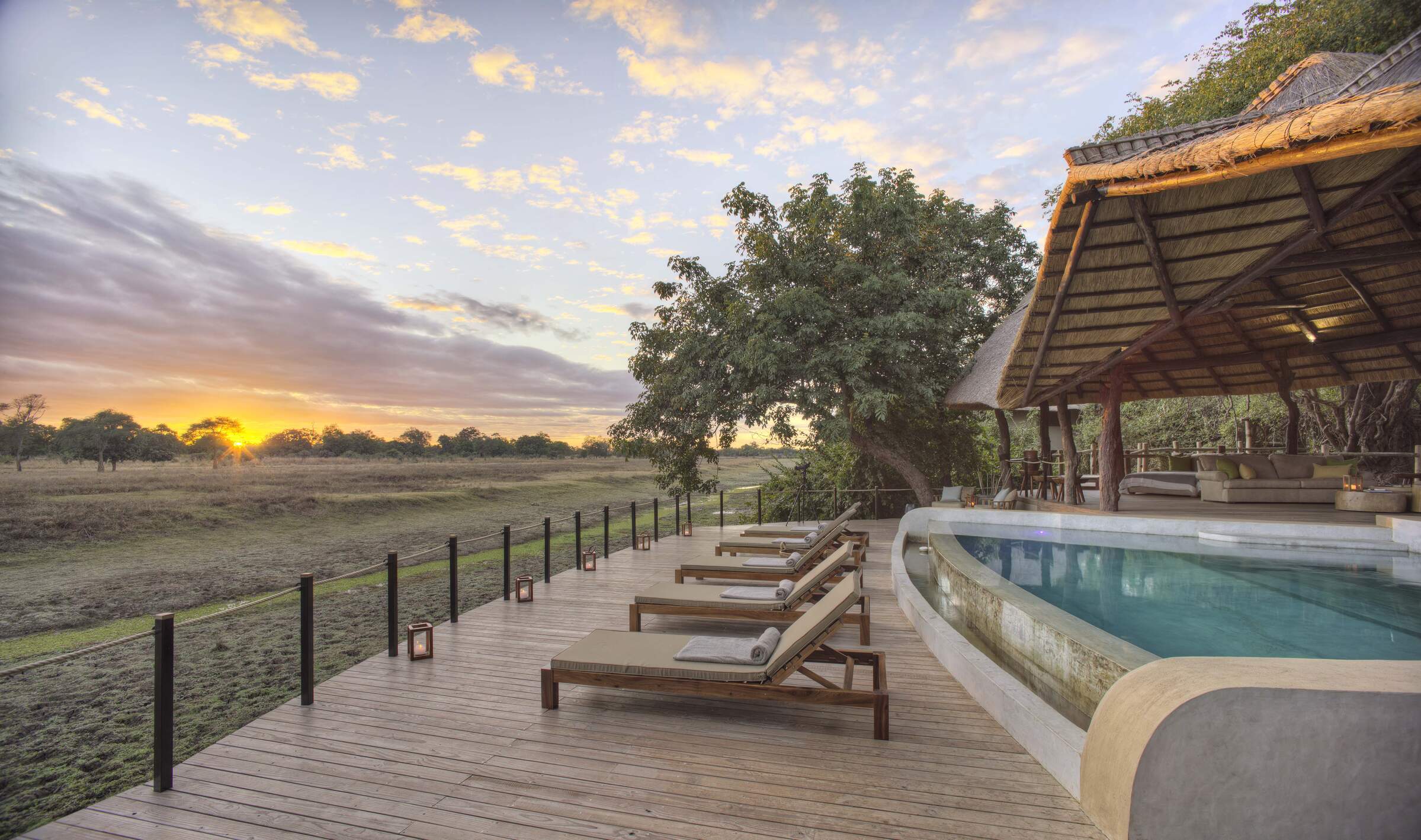
Lion Camp
Lion Camp is an established and comfortable camp with a swimming pool, located near to the game-rich Lion Plain in the northern part of South Luangwa National Park.
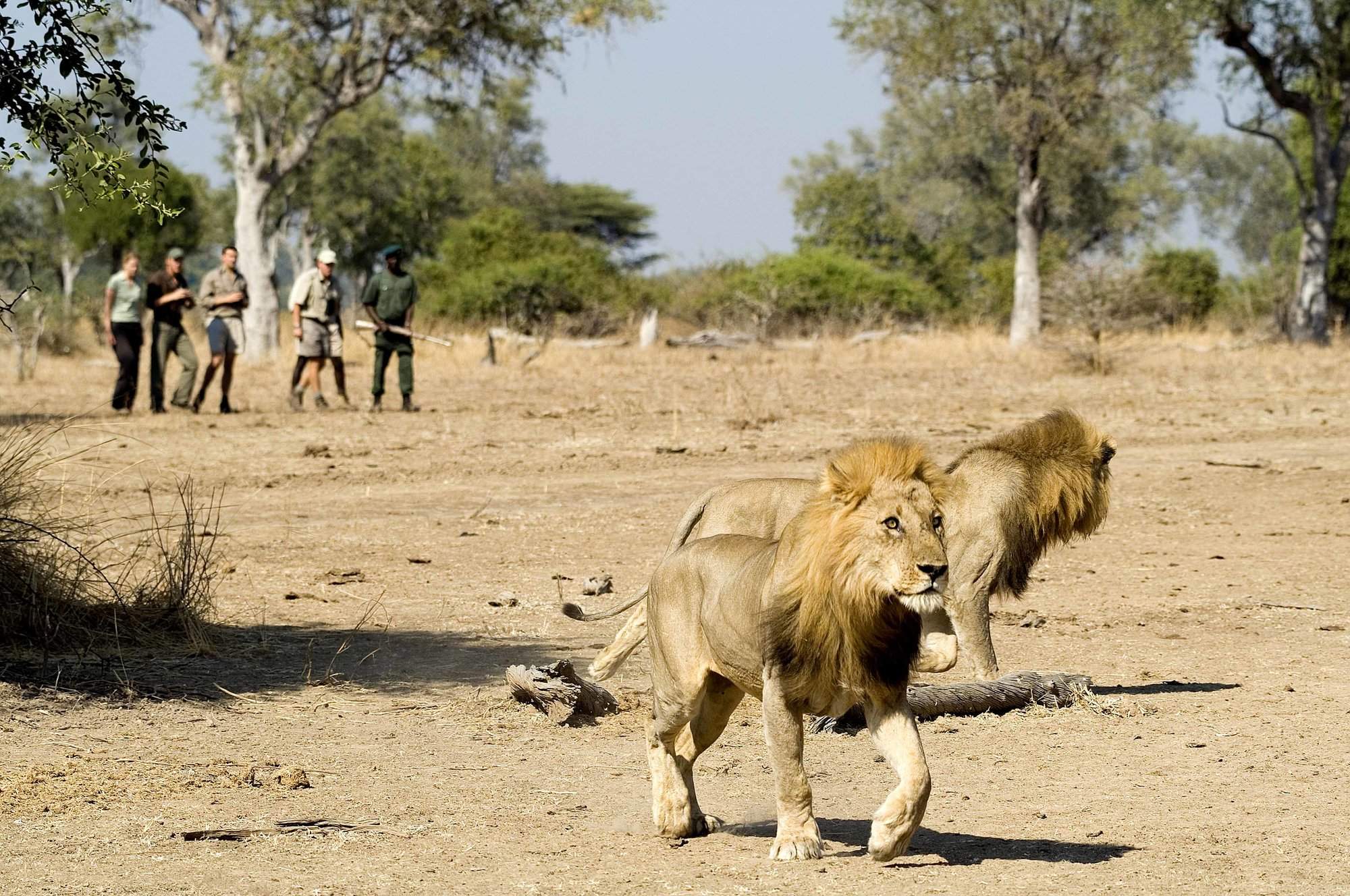
Robin Pope mobile
RPS mobile safari camps are at the heart of their set-itinerary walking safaris in South Luangwa National Park, which start and finish at a permanent camp.
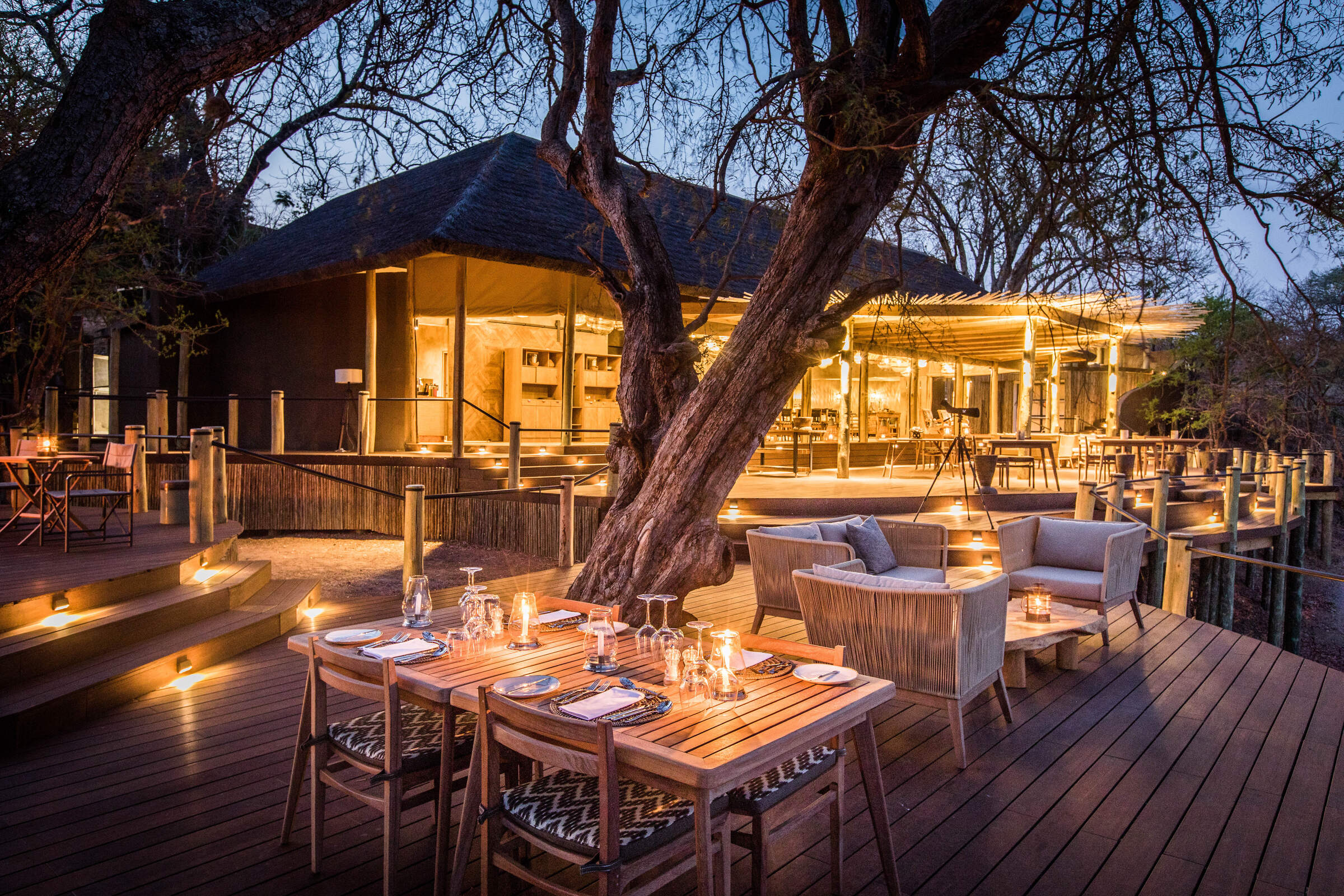
Puku Ridge
Puku Ridge is a luxurious designer camp set in a stunning location, high on a hill overlooking a floodplain within South Luangwa. Explore from here on 4WD safaris and walks.
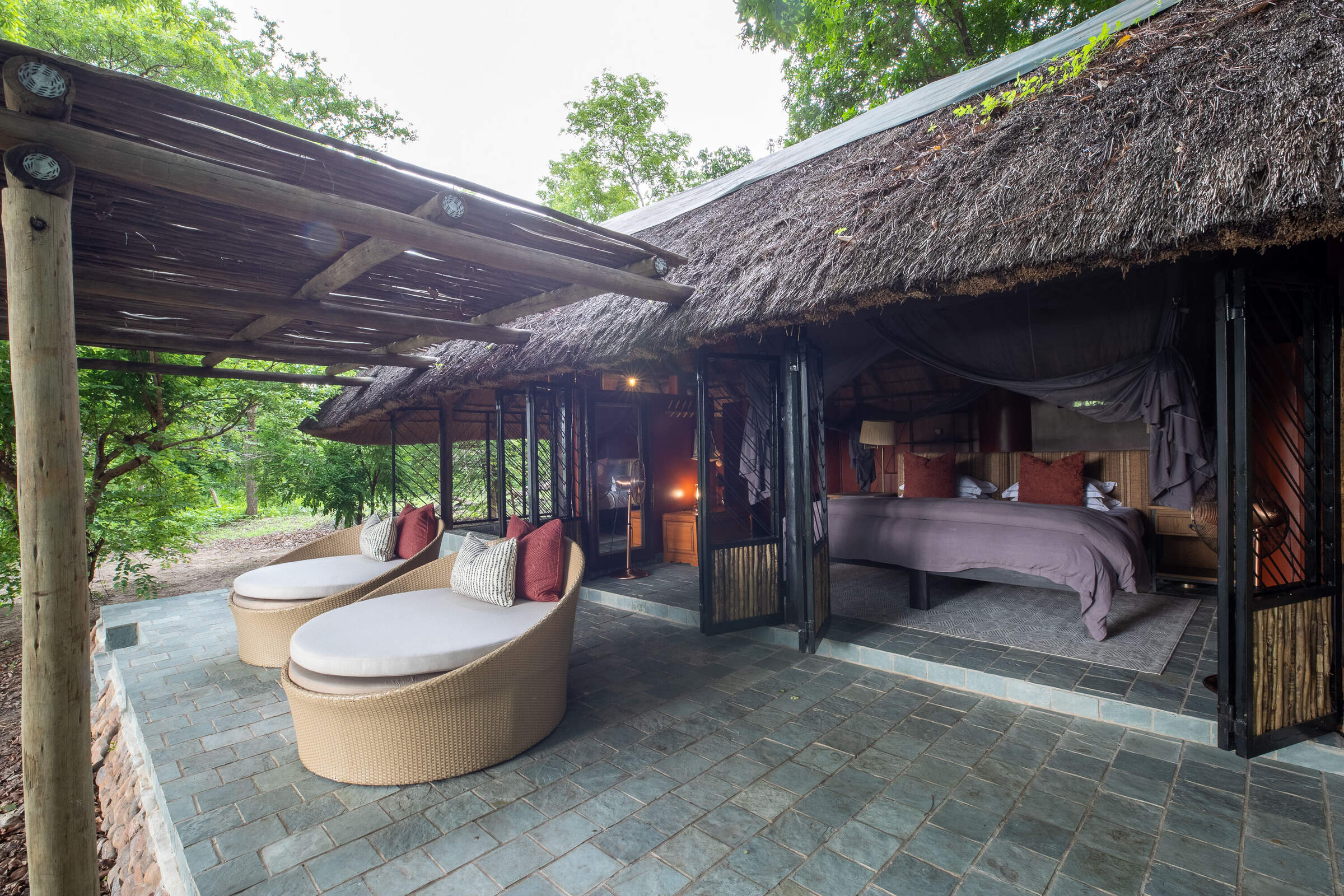
Kapamba Bushcamp
In the remote far south of South Luangwa National Park, Kapamba is a small and very comfortable bushcamp offering good walks and game drives.
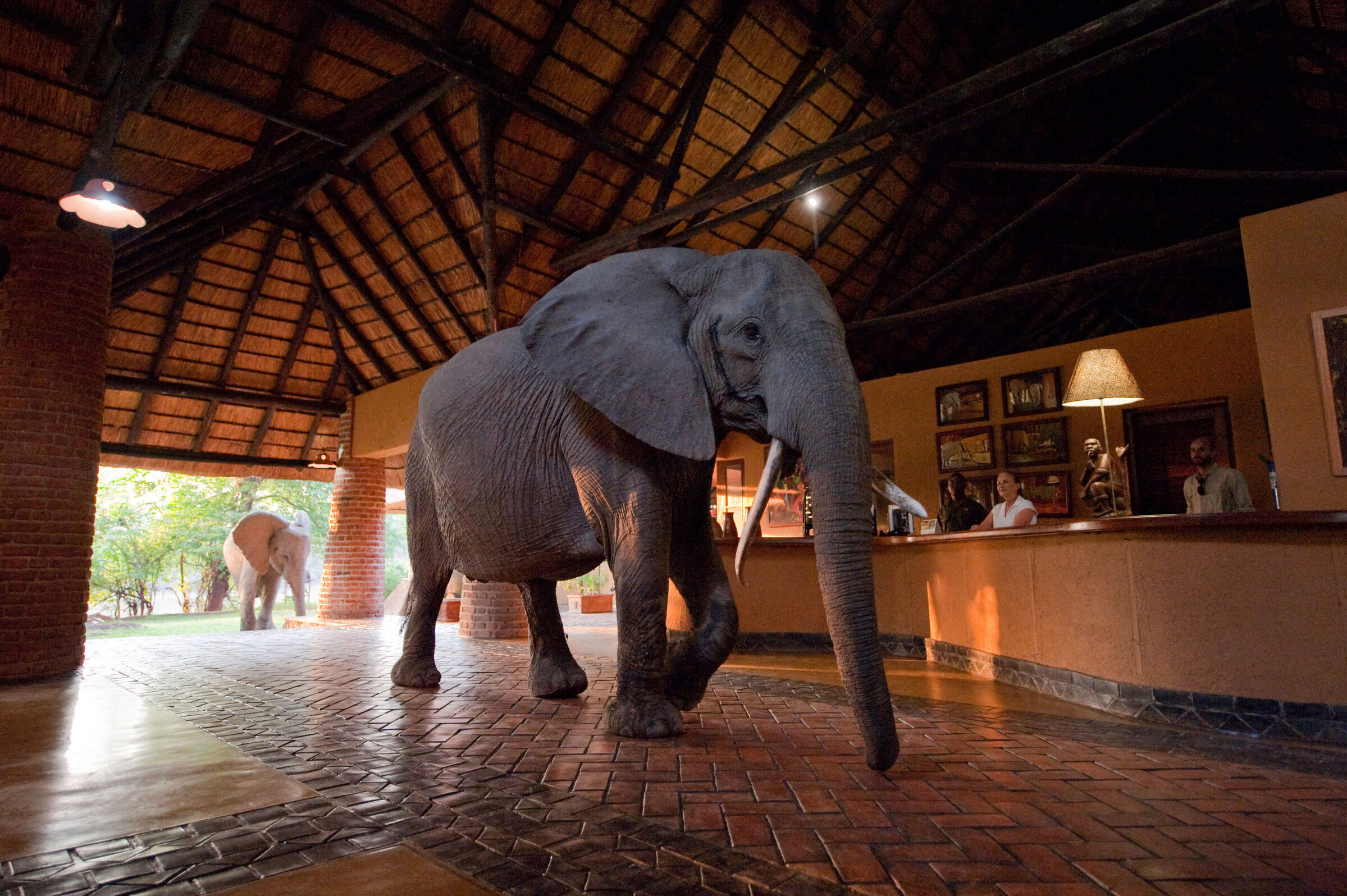
Mfuwe Lodge
In a game-rich area close to the South Luangwa’s main Mfuwe Gate, Mfuwe Lodge is relatively large by park standards, but it’s stylish, modern and family friendly.
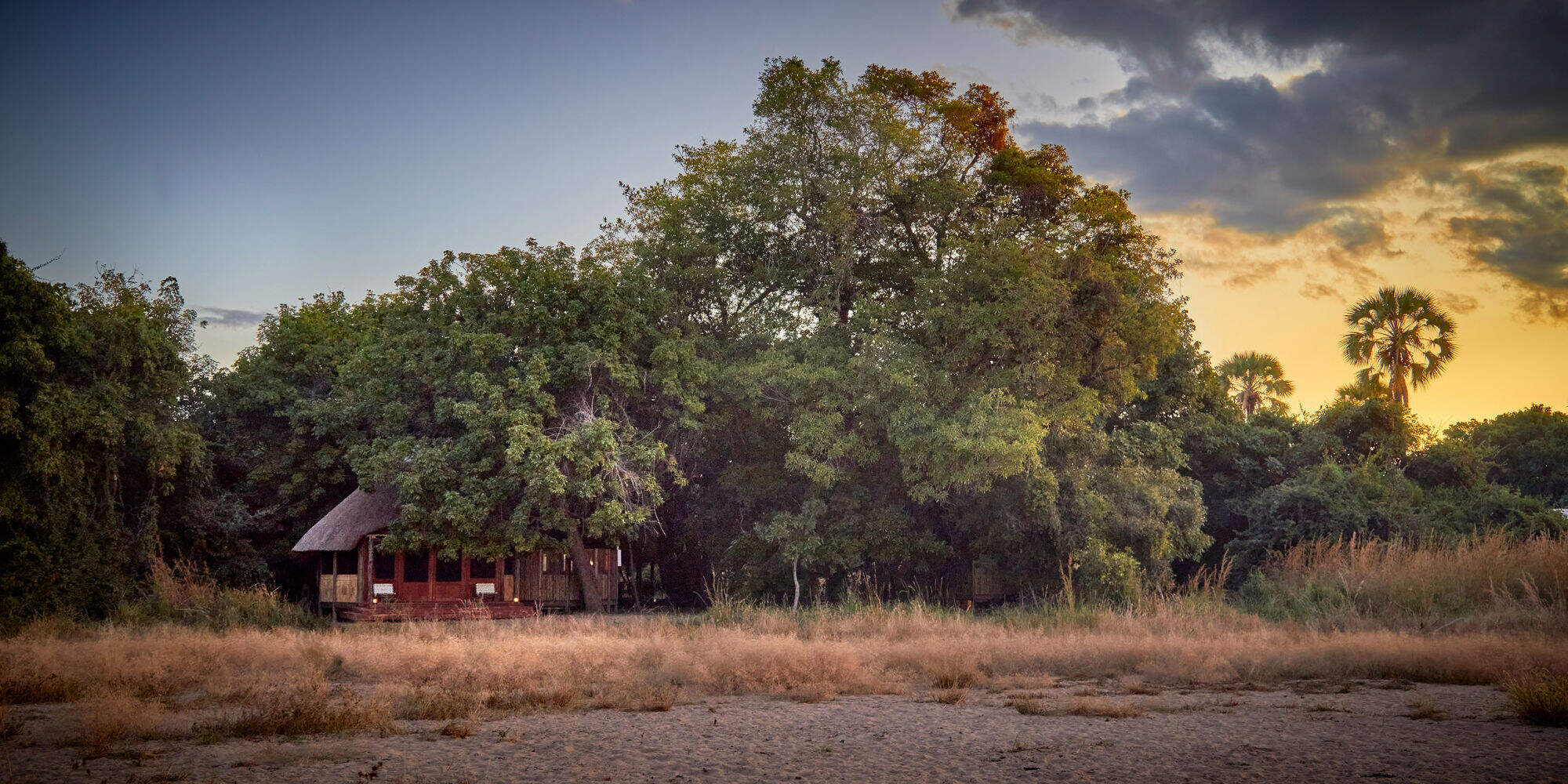
Kuyenda Bushcamp
Kuyenda Bushcamp is a classic bushcamp with particularly delightful hosts and offers top-class walking safaris in South Luangwa National Park.
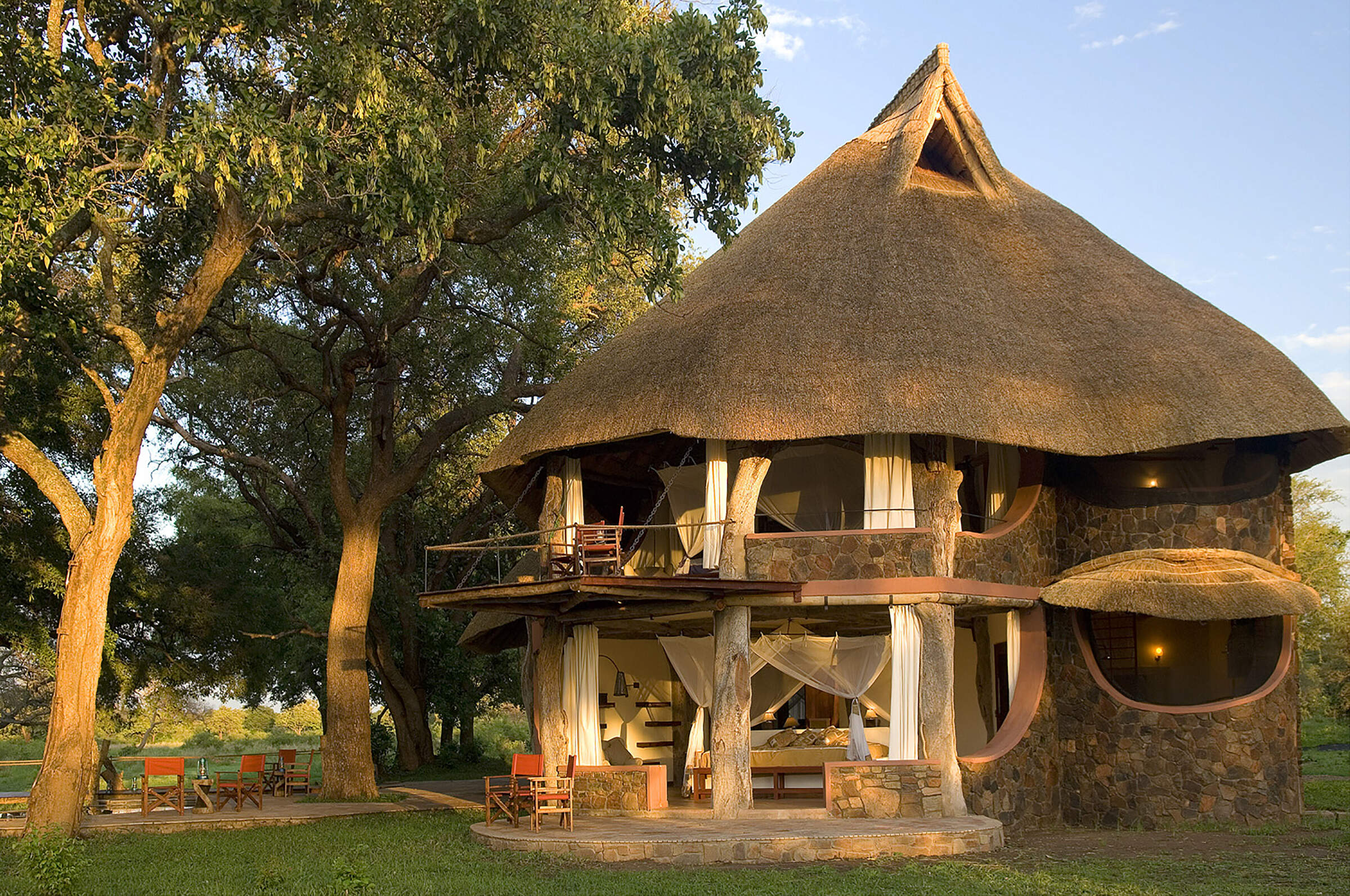
Luangwa Safari House
Luangwa Safari House is a vast and very smart four-bedroom house specifically designed for families and small groups, and offering an exclusive and flexible safari experience.
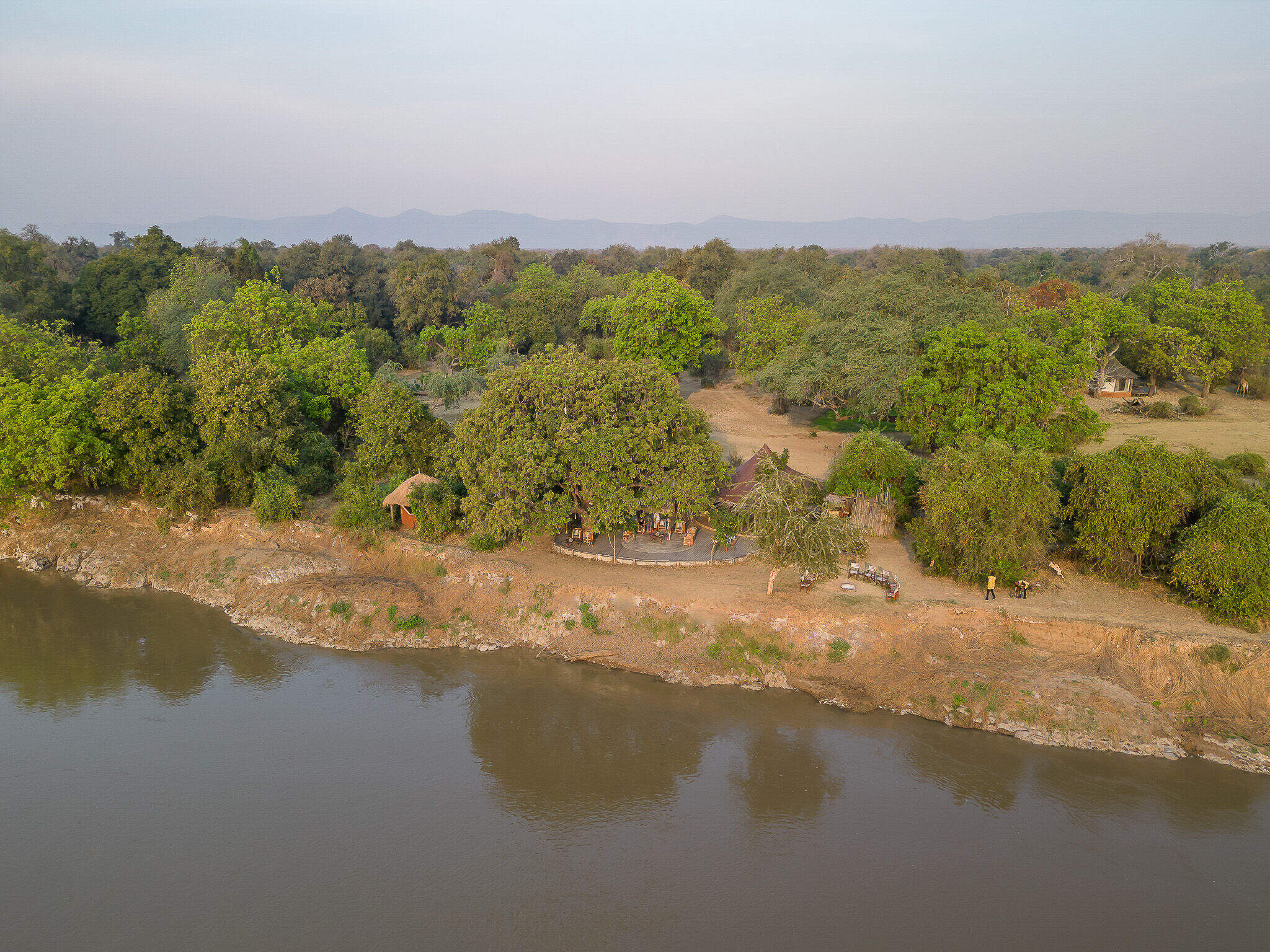
Three Rivers Camp
In the remote far south of South Luangwa National Park, Three Rivers Lodge sits at the confluence of three of the valleys rivers.
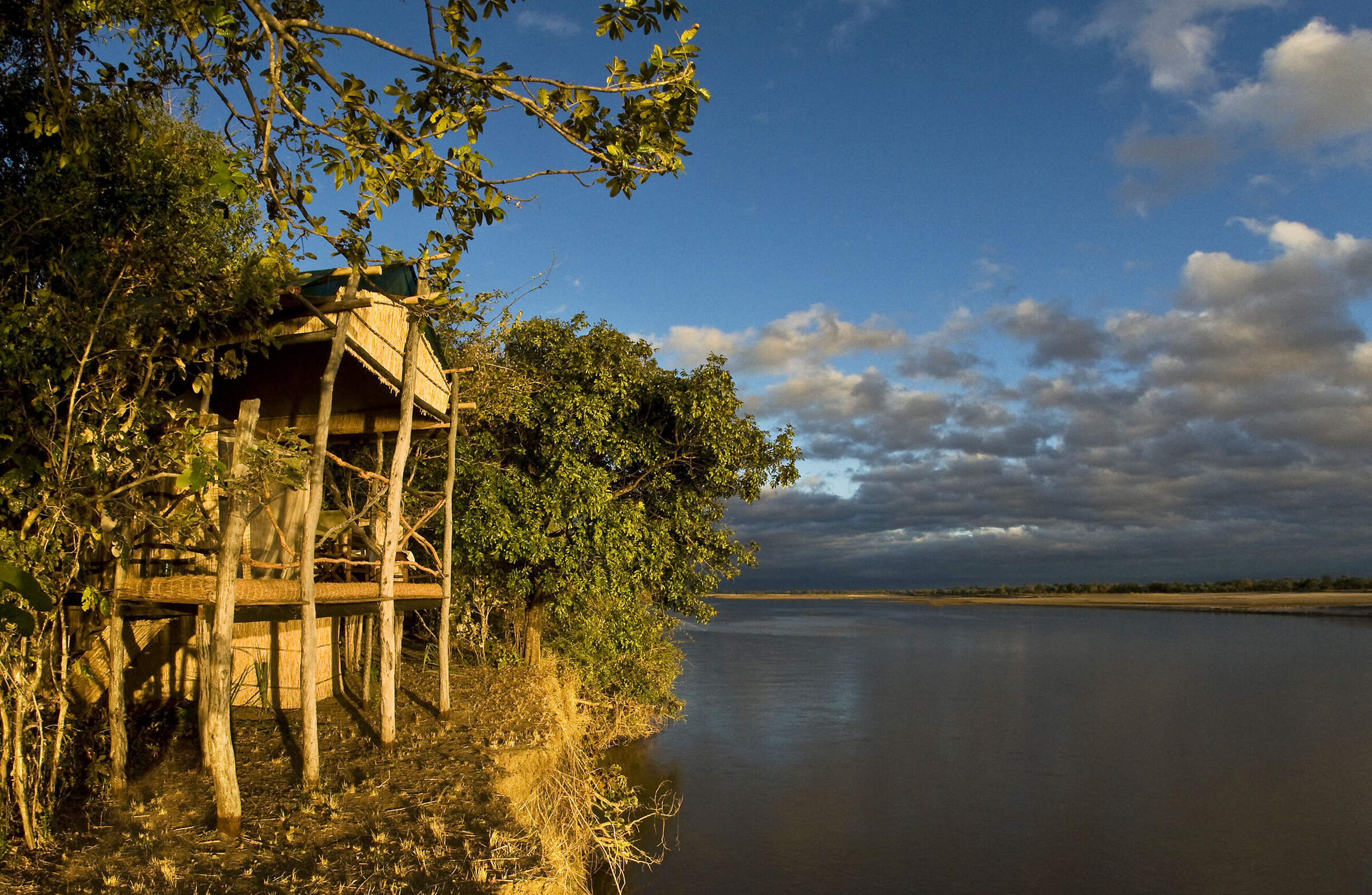
Island Bush Camp
Island Bushcamp is a good-value, rustic, walking-only camp, in arguably one of the most remote parts of the South Luangwa, well away from all other camps.
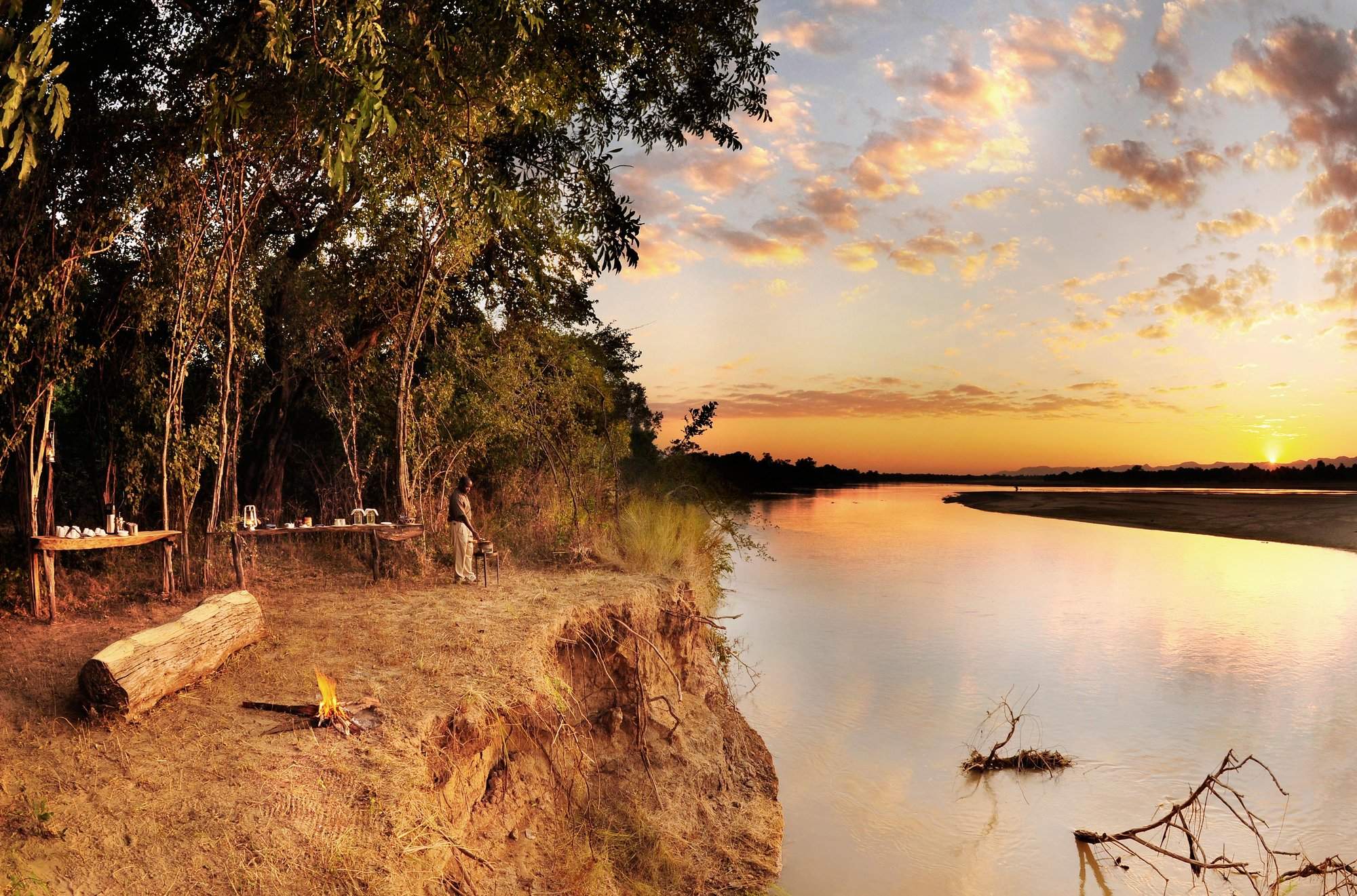
Bilimungwe Bushcamp
A smart bushcamp with four very spacious chalets, Bilimungwe offers interesting walking safaris in pretty riverine woodland, as well as day and night safari drives.
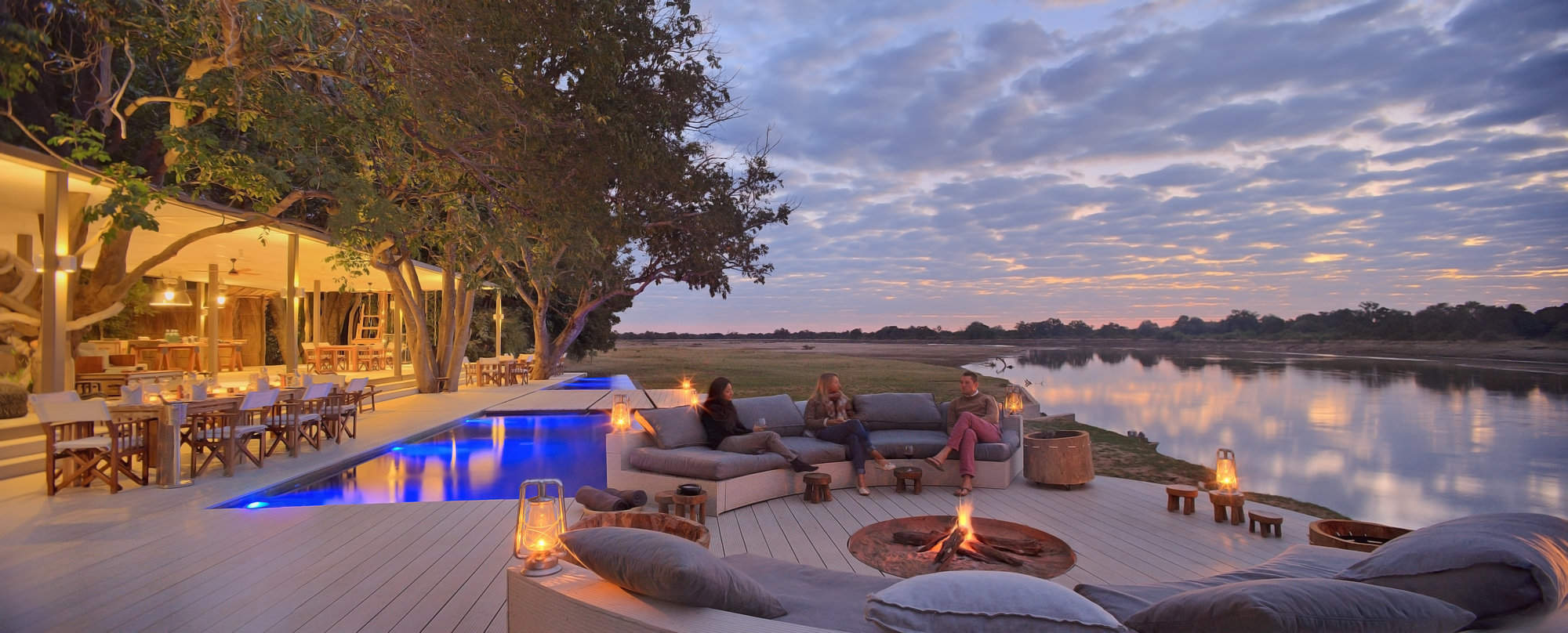
Chinzombo
Opened in early June 2013, Chinzombo offers luxurious and stylish accommodation with very high levels of service and excellent guiding.
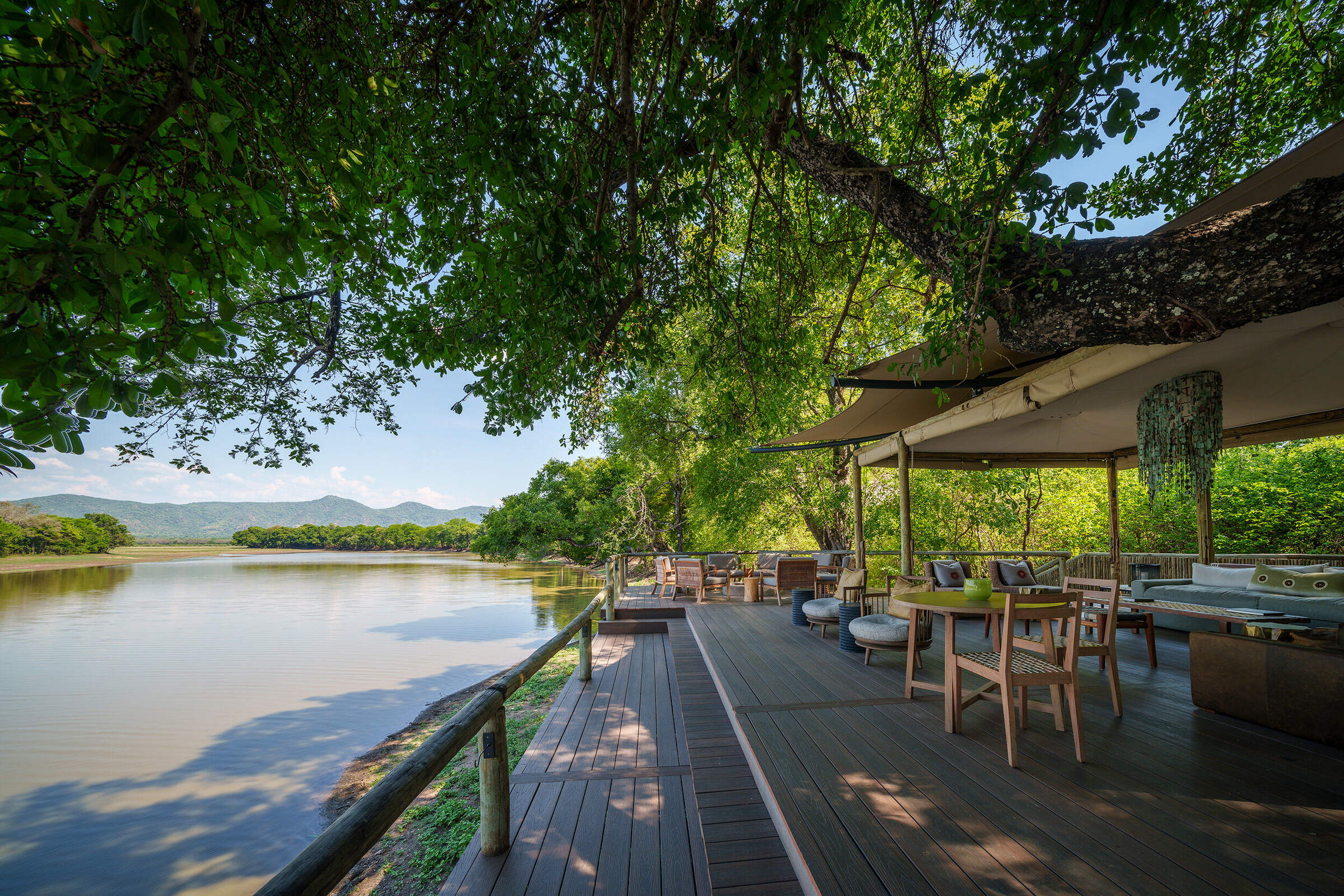
Chindeni
Chindeni Bushcamp is a very modern and minimalist camp, which is a far cry from your traditional bushcamp and unlike most of the other camps in South Luangwa.
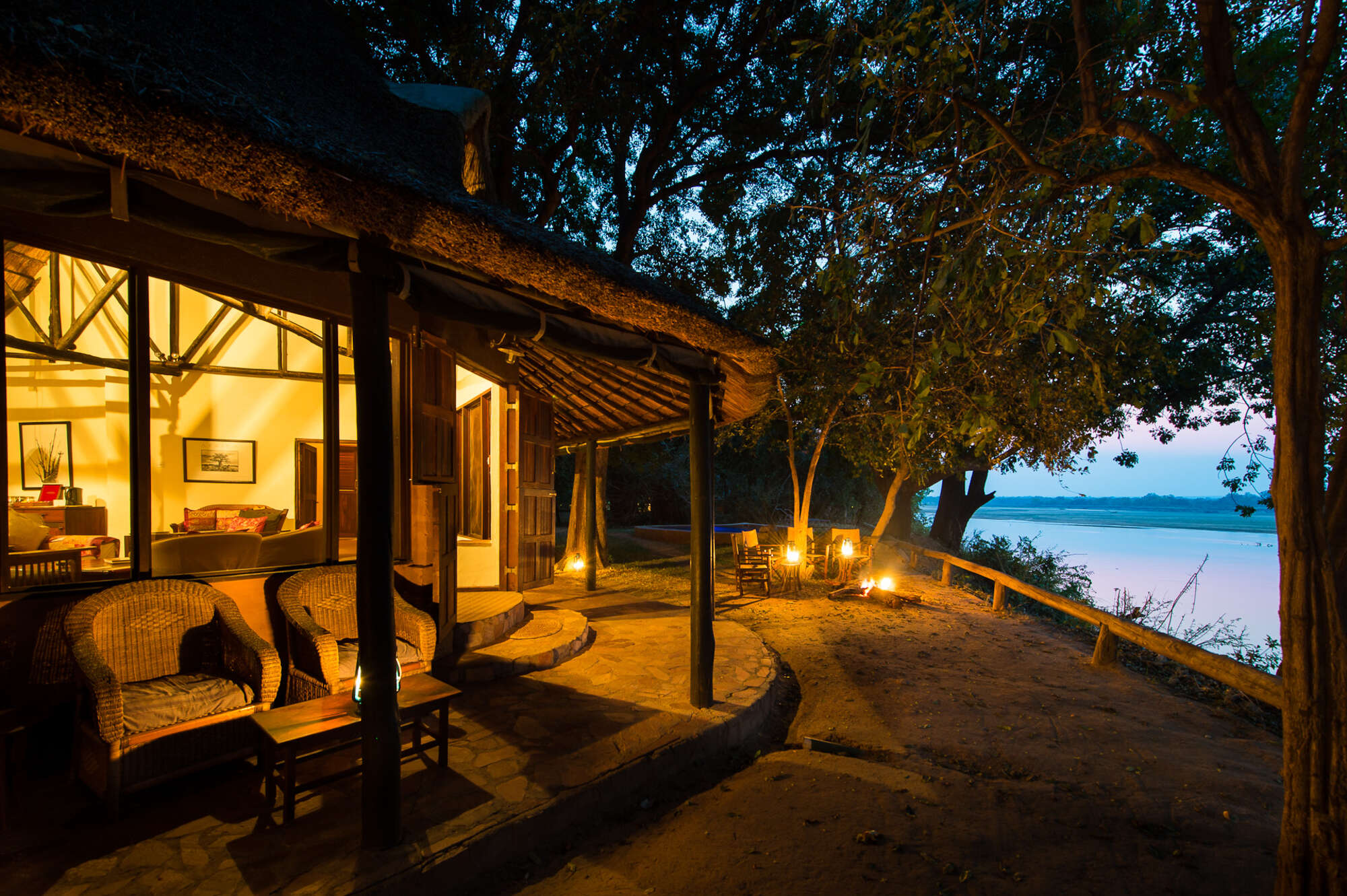
Robin's House
With your own expert guide, private vehicle, chef and valet, the two-bedroom Robin's House offers an exclusive, flexible safari experience – and is open year round.
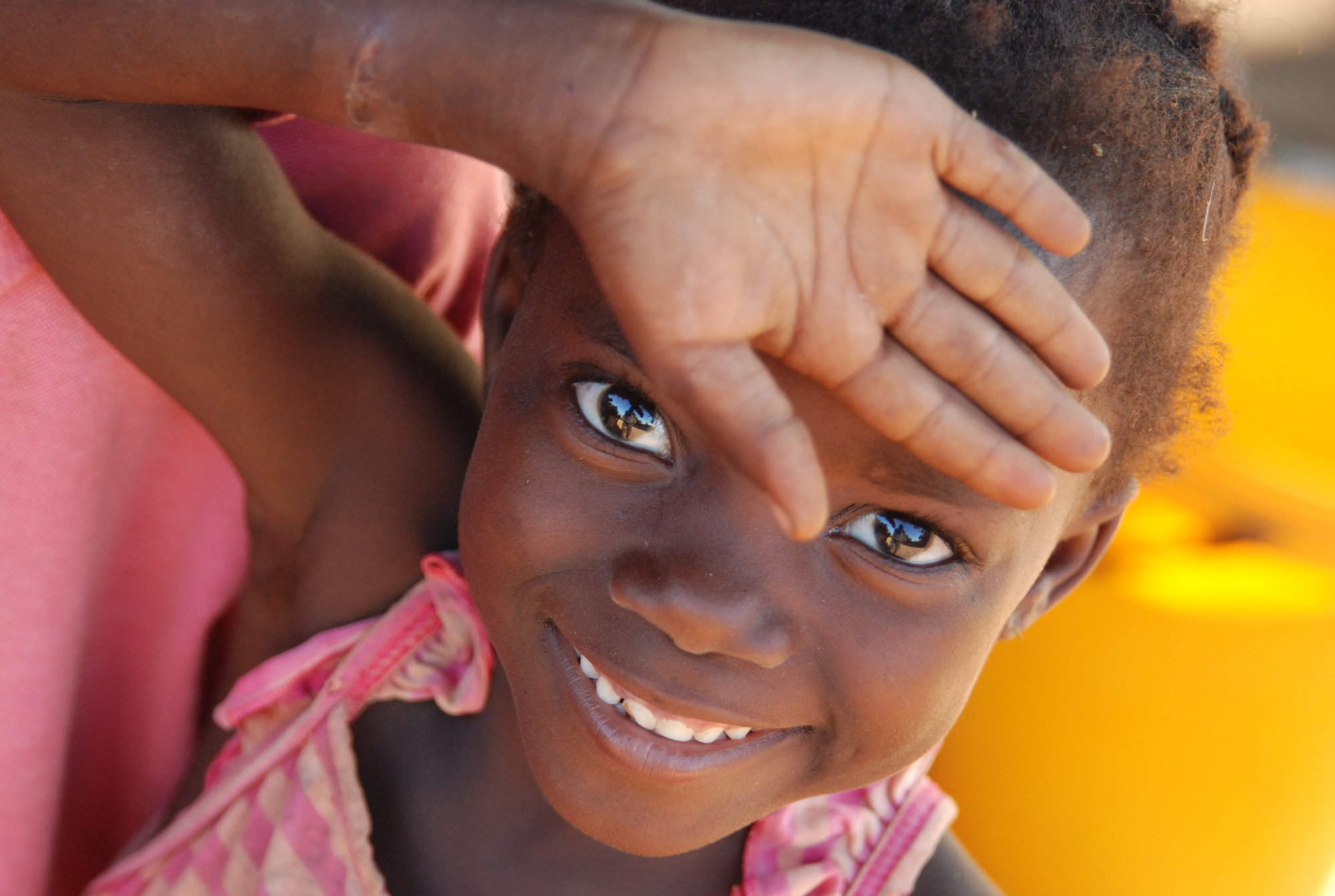
Kawaza Village
Kawaza Village – beside the South Luangwa National Park, offers guests the rare opportunity to appreciate local village life. Visit for a few hours or stay overnight.
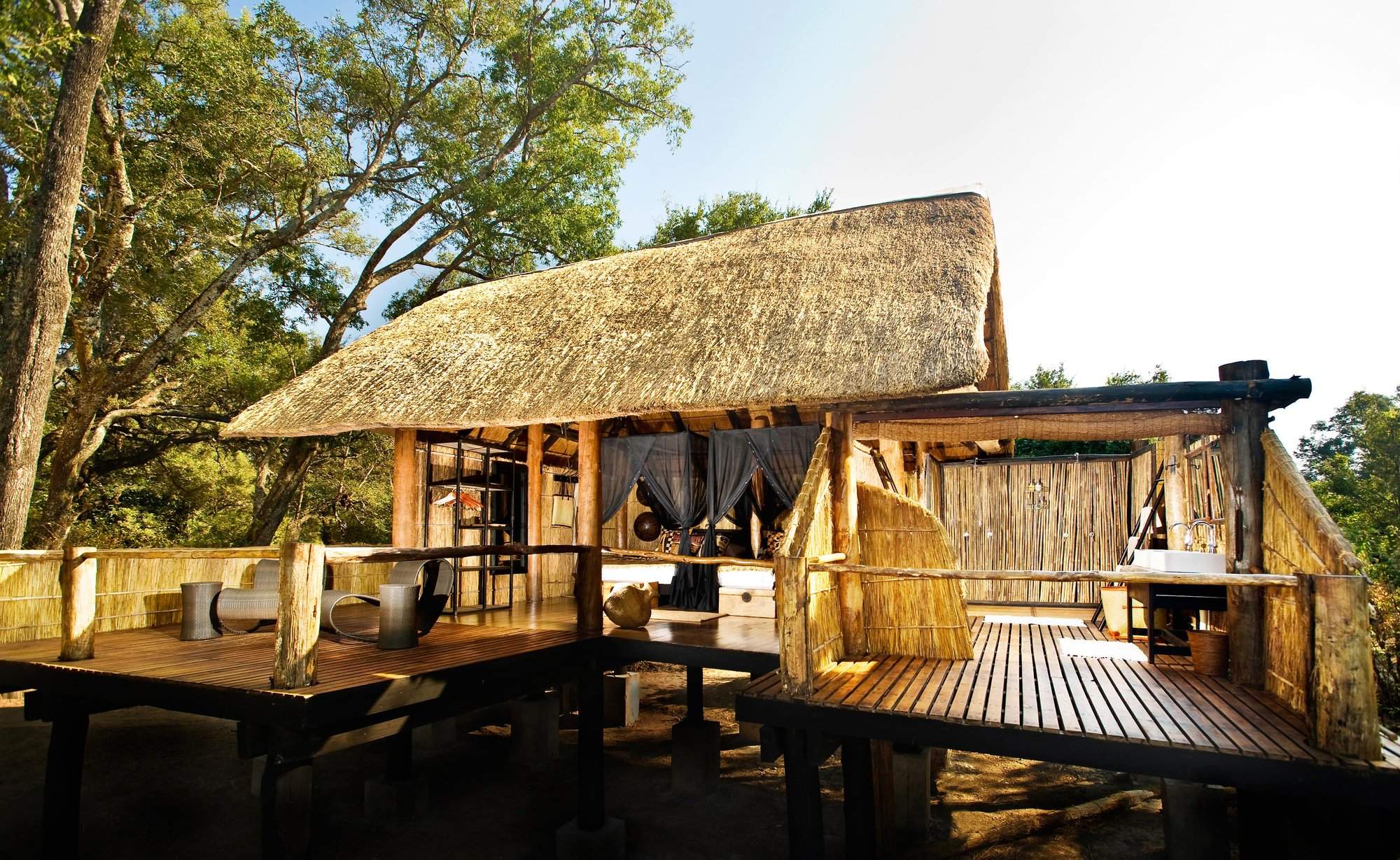
Chamilandu Bushcamp
A comfortable little bushcamp, Chamilandu has a picturesque setting by the Luangwa River, in an area with a range of habitats to explore on foot and by 4WD.
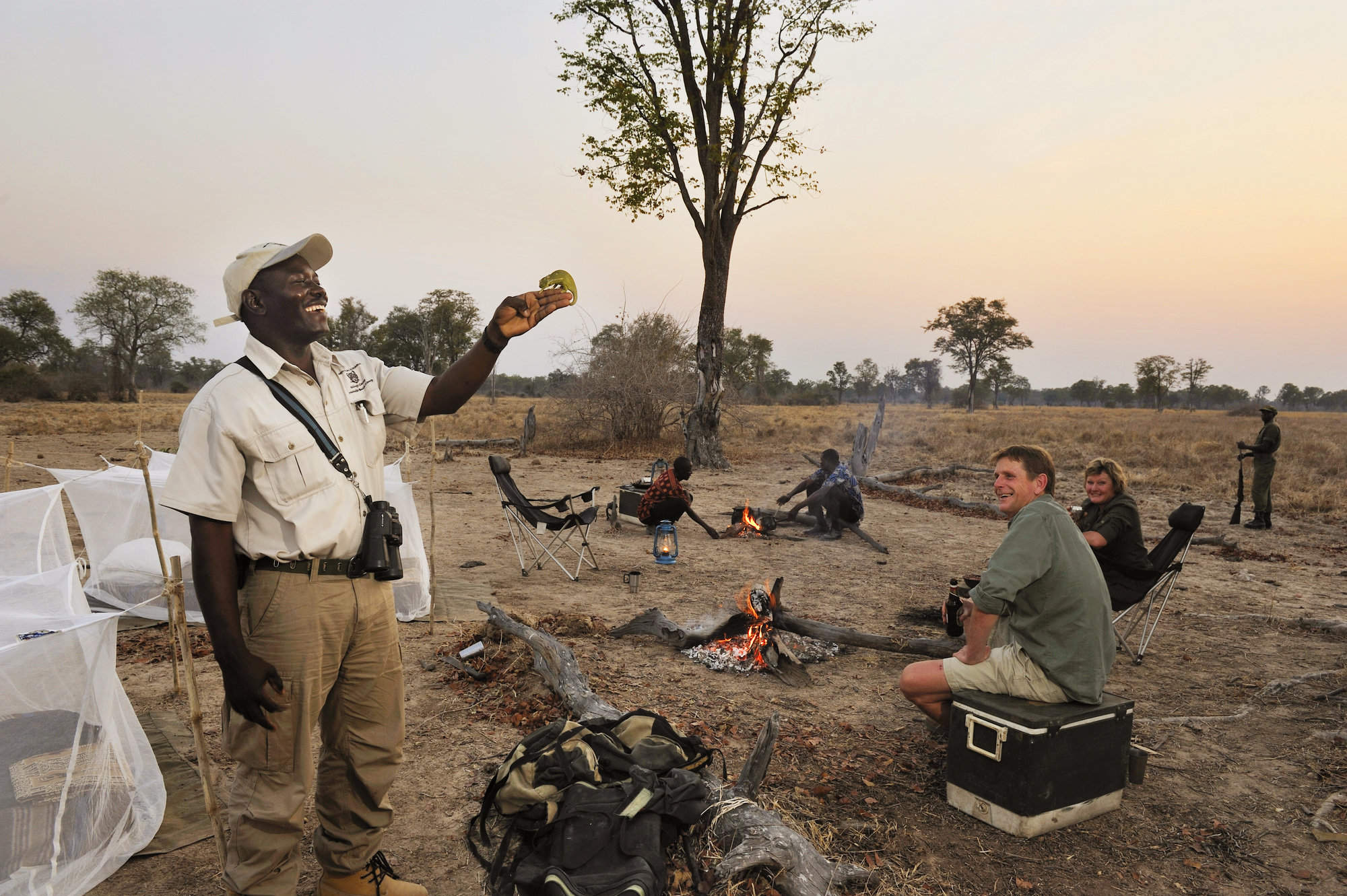
Mwamba Camp-out
The Mwamba-Camp Out allows you to have an incredibly adventurous night in the bush, sleeping under mosquito nets with activities led by some of the best guides in Zambia.
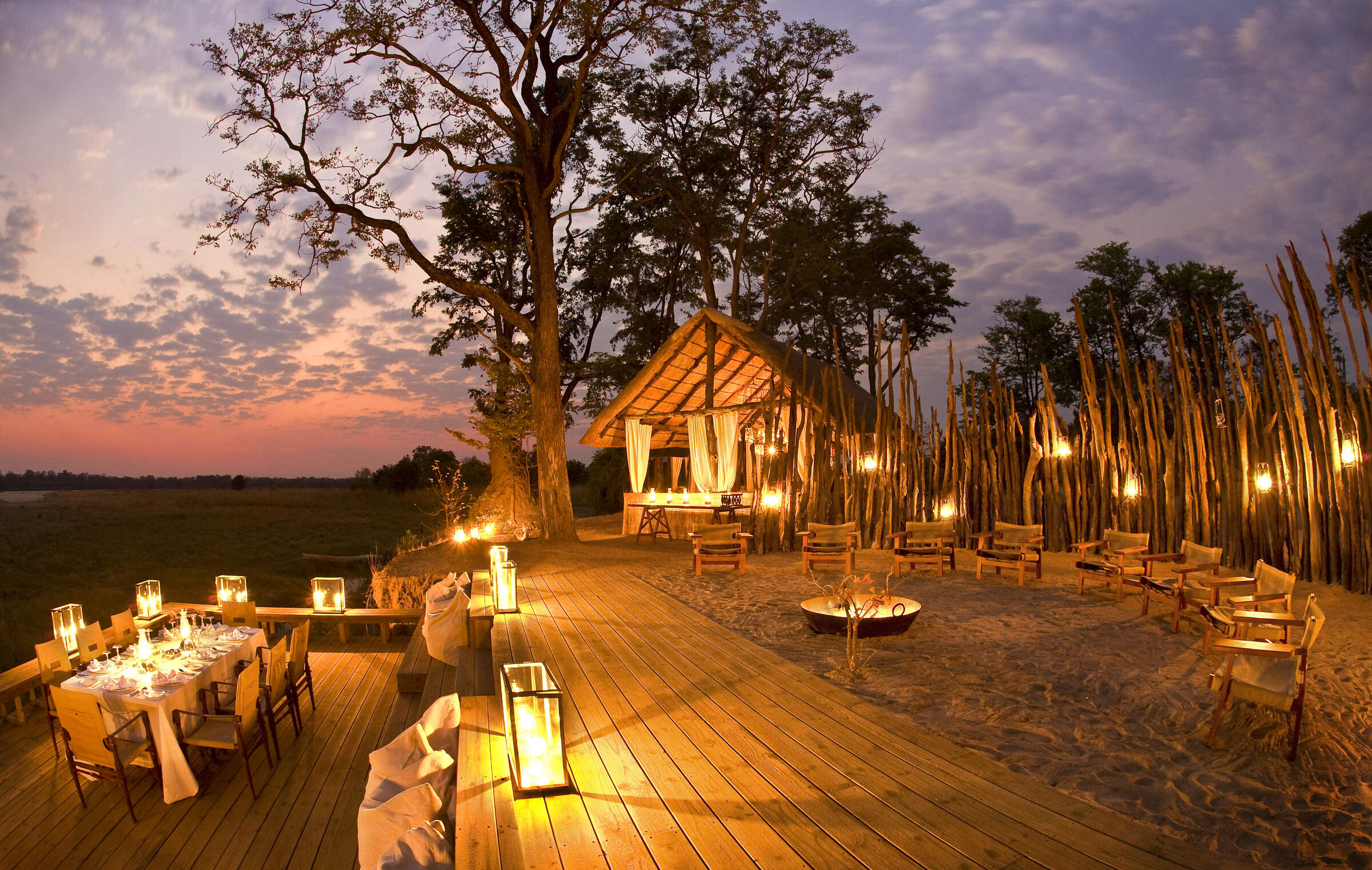
Zungulila
Zungulila is a small, comfortable tented bushcamp with an emphasis on walking safaris, in the remote southern section of the South Luangwa.
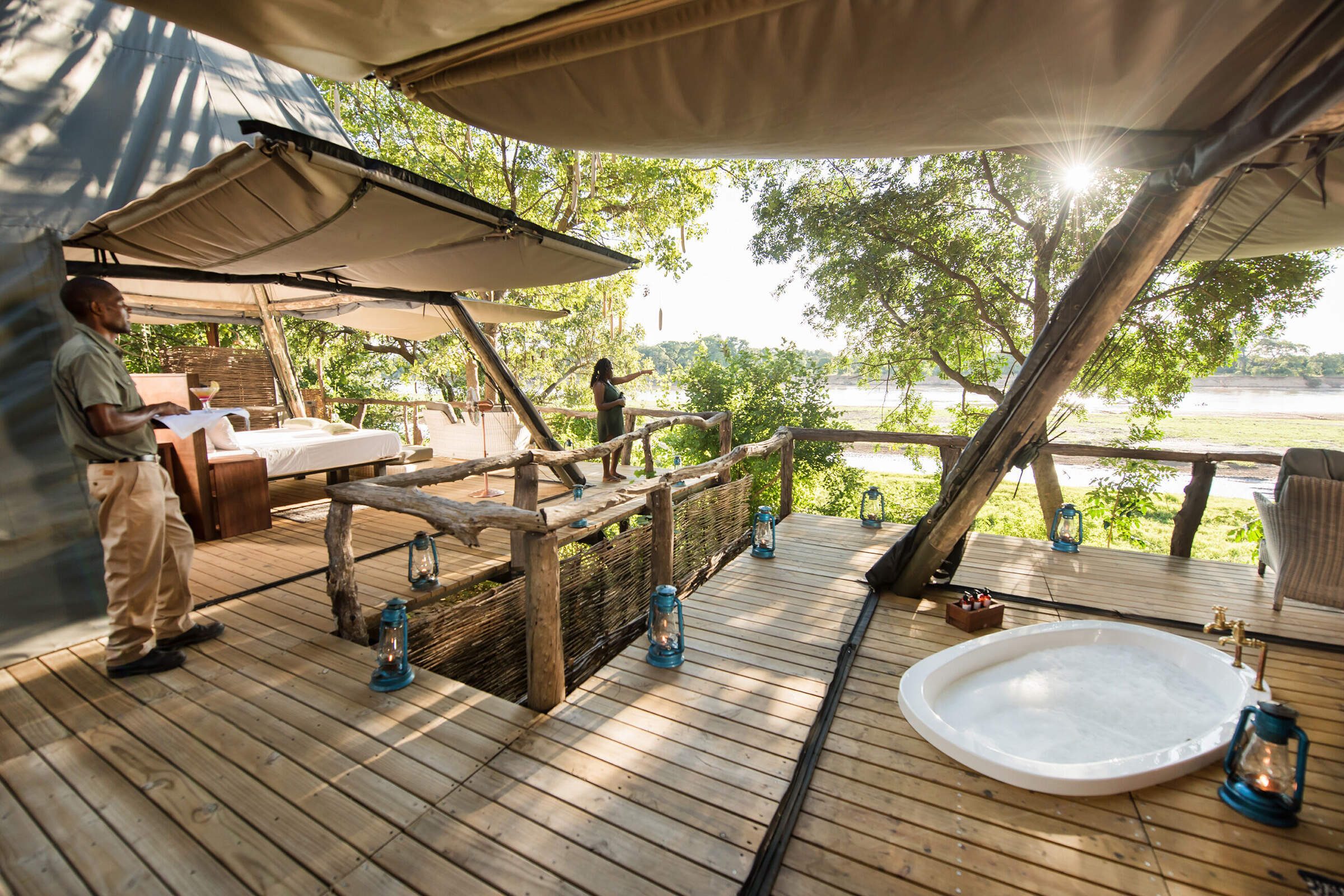
Shawa Luangwa
Opened in June 2021, Shawa Luangwa Camp is a small, intimate and rustic camp, with a good location in a remote section of the South Luangwa National Park.
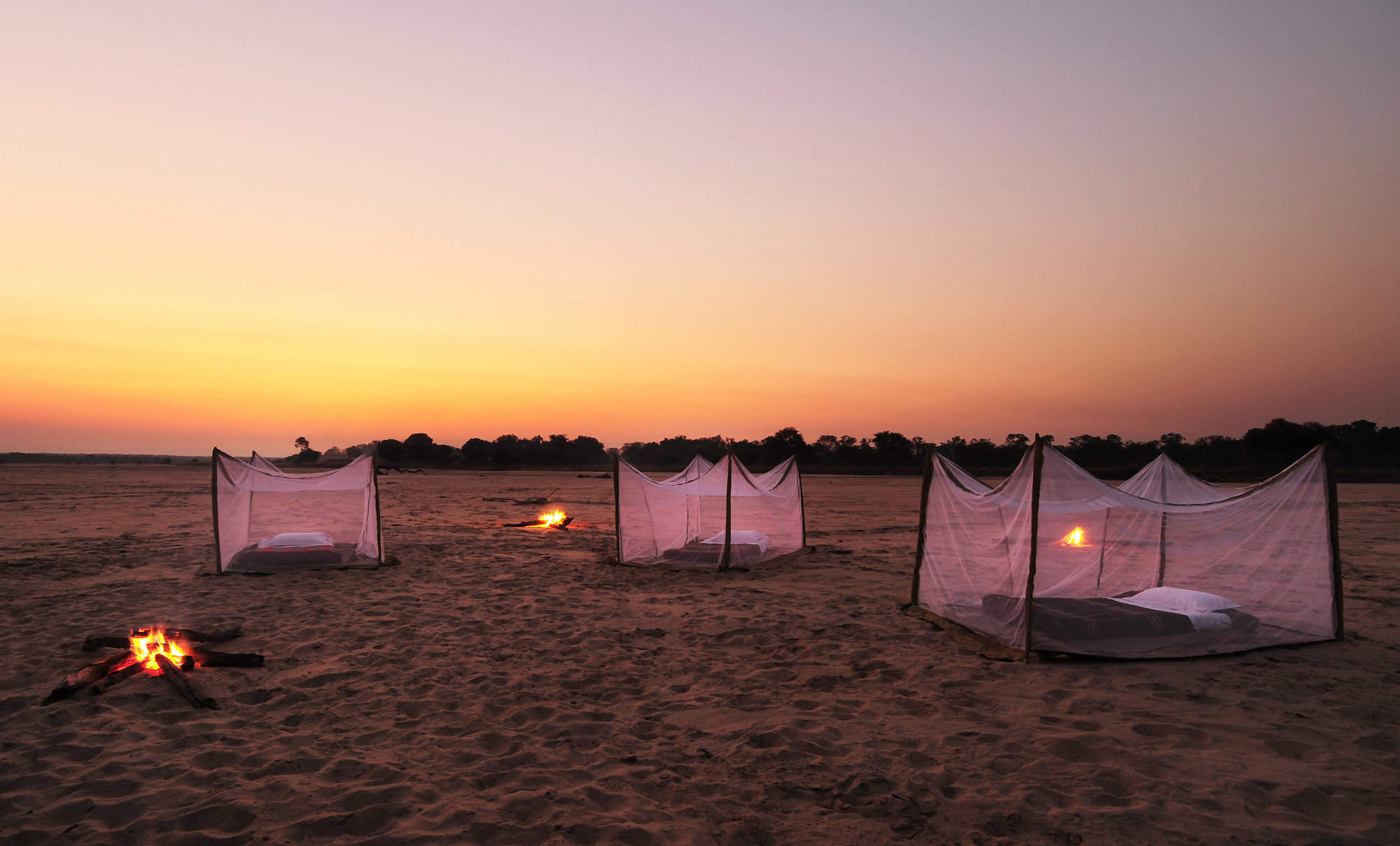
Luwi Riverbed Sleepout
For an adventurous night in South Luangwa National Park, come and sleep out in the bush, around a campfire, with an experienced guide and game scout.
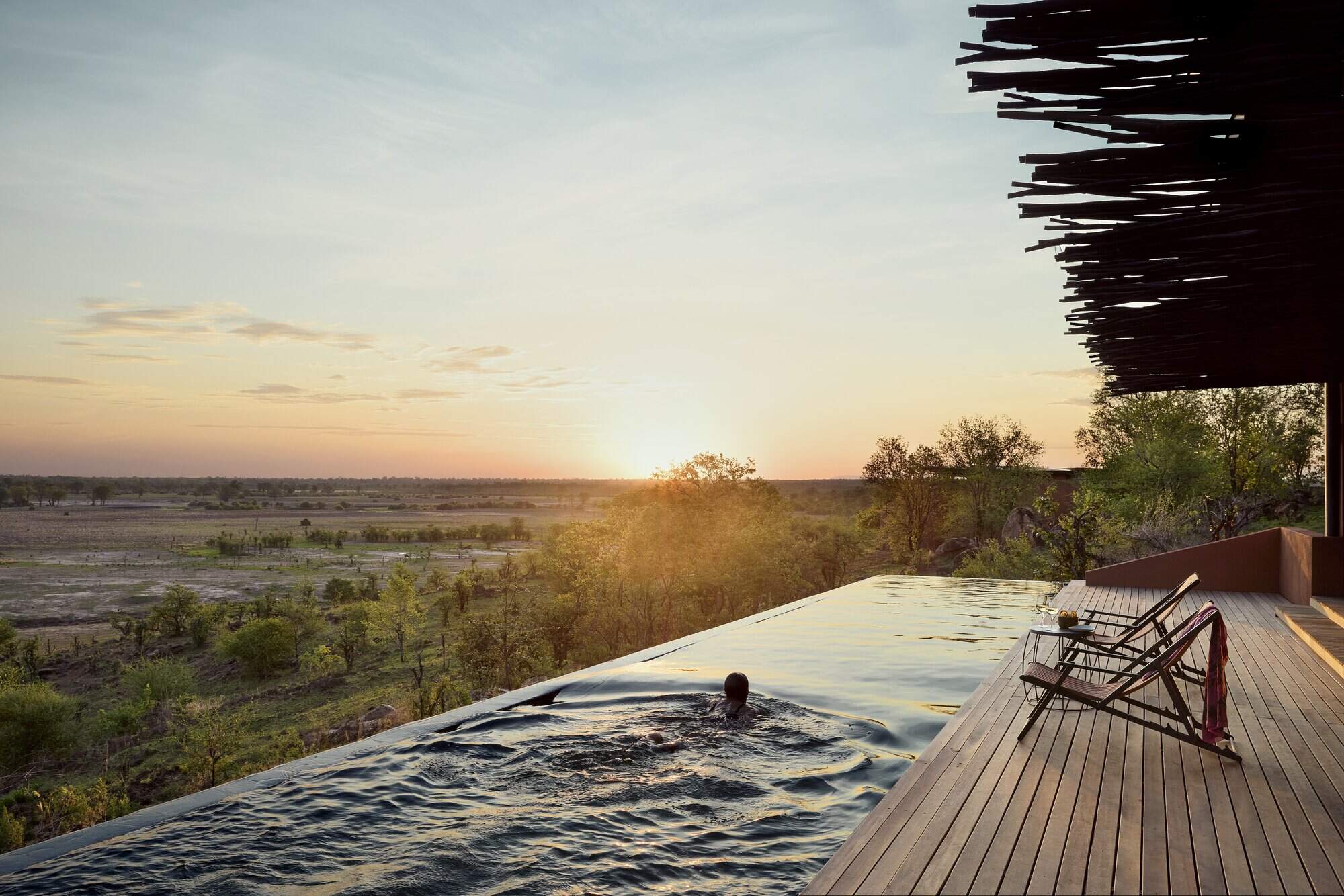
Chichele Lodge
Currently in the final stages of an extensive rebuild, Chichele Presidential Lodge stands high within the park, with superb views, and is due to reopen in early 2025.
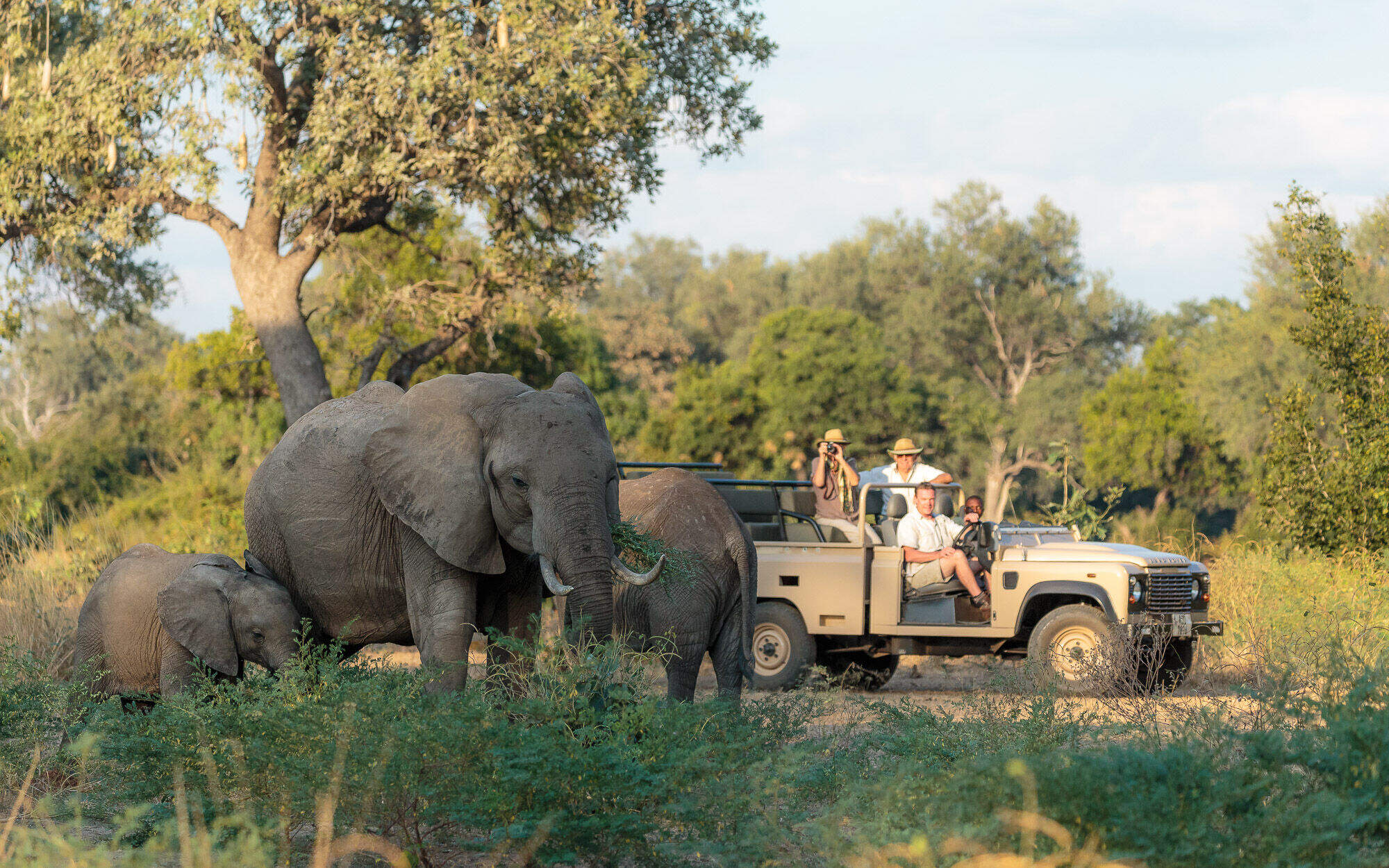
Nkonzi Camp
A simple and rustic bush camp, Nkonzi has a strong focus on walking safaris in this remote section of Zambia’s South Luangwa National Park.
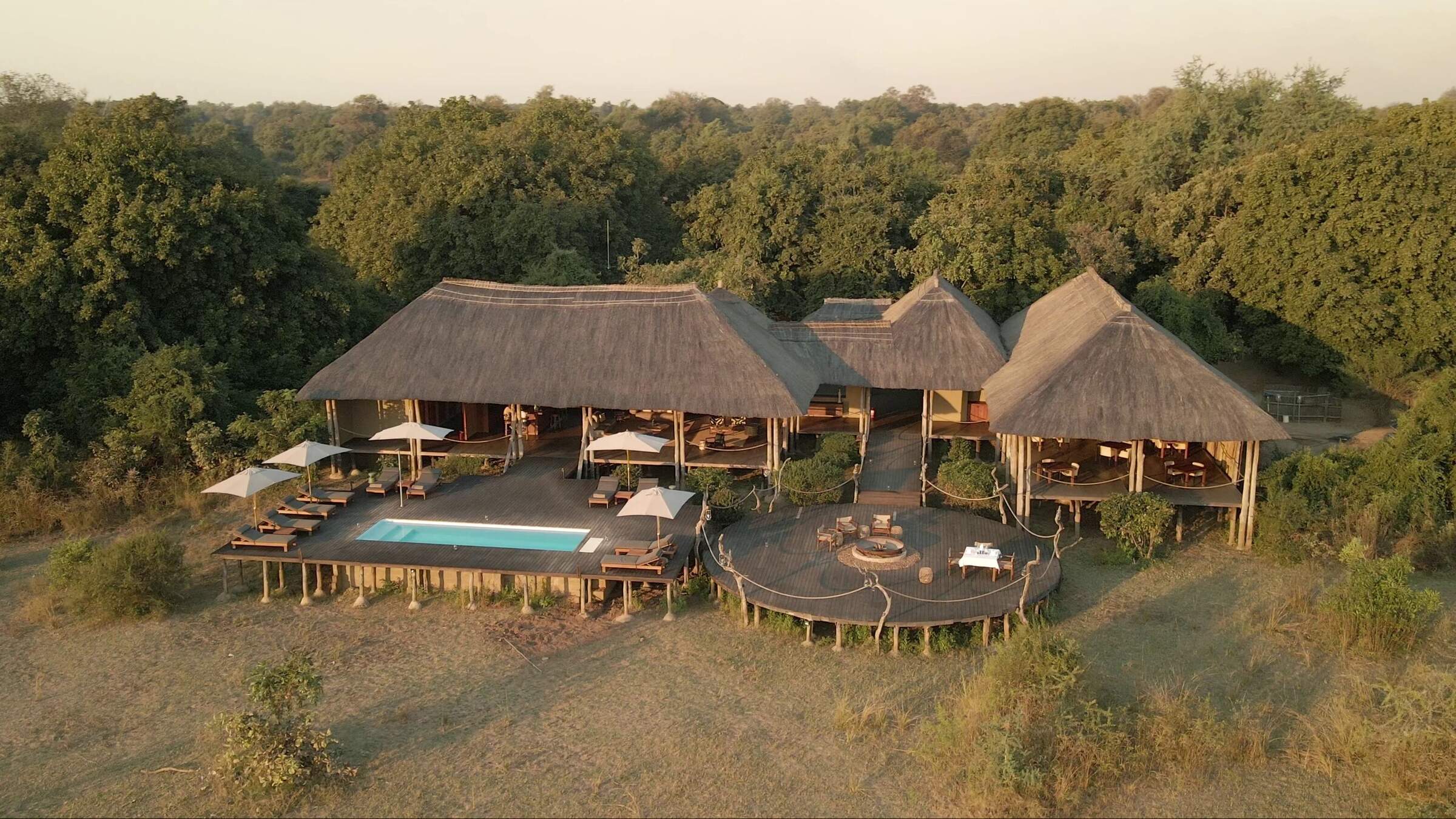
Chikunto
Chikunto Safari Lodge is a more traditional property in the South Luangwa National Park, sitting on a peninsula of land created by the meandering Luangwa River.
When to go to South Luangwa National Park
Our month by month guide: What it's like to visit Big Lagoon Camp in South Luangwa National Park
Jan
Feb
Mar
Apr
May
Jun
Jul
Aug
Sep
Oct
Nov
Dec
South Luangwa National Park in January
January marks the height of the wet season in South Luangwa. Expect frequent downpours, often lasting a few hours, with intermittent sunny periods. The mercury regularly climbs above 30°C, accompanied by high humidity. The park's landscape is verdant and lush, with crystal-clear air.
However, the abundance of water causes most larger animals to disperse, and the thick vegetation can hinder game viewing. Walking safaris are largely impractical during this time. Migratory birds, many in breeding plumage, boost the area's avian diversity. Most lodges close and the few that remain open offer their lowest rates. Only the central network of all-weather roads is reliably passable for 4WD safaris. Low numbers of visitors ensuring a tranquil park experience for those who do visit.
- Wet season peak, frequent showers
- Most lodges and all bush-camps are closed
- Lush vegetation, ideal for photography
- Large wildlife is scattered, can be challenging to spot
- Few tourists, budget-friendly rates
Our view
This is not a great time to visit
Weather in January
South Luangwa National Park in February
February continues the ‘green season’ trend in South Luangwa National Park, with impressive thunderstorms delivering short bursts of rain most days, punctuated by clear skies. The park remains awash with water, affecting wildlife distribution and lodge operations.
Dense vegetation limits game viewing opportunities on safari and walking safaris aren’t usually possible. However, the swollen Luangwa River allows for unique boating experiences unavailable during drier months. Despite challenging conditions, patient visitors may be rewarded with sightings of animals caring for their young. The handful of operational lodges maintain low rates, and the park sees few visitors during this period.
- Continued wet season, regular downpours
- All bush-camps and most lodges are closed
- Verdant scenery, photogenic landscapes
- Game viewing challenging due to thick foliage
- Low visitor numbers, economical pricing
Our view
This is not a great time to visit
Weather in February
South Luangwa National Park in March
March signals the tail end of South Luangwa's rainy season, with heavy showers still frequent. Water levels peak, so driving off the park’s all-weather road network remains challenging. Daytime temperatures consistently exceed 30°C, with rain-induced humidity remaining high.
Most lodges are still closed, and thick vegetation continues to impact game viewing and walking safaris. However, this period can offer exceptional sightings of animals with their offspring, and predator activity often increases. Wild dogs have historically been particularly active in the park during this time. The combination of clear air and increasingly blue skies provides excellent photographic opportunities. Birdwatching remains superb as migratory species prepare for their winter journey.
- Wet season persists, intermittent rain
- Many lodges remain closed
- Abundant greenery, picturesque settings
- Young animals plentiful, but hard to see
- Minimal crowds, cost-effective travel
Our view
This is not a great time to visit
Weather in March
South Luangwa National Park in April
April represents a transitional period in South Luangwa National Park as the rains shift from intense downpours to lighter, less frequent showers. The park's scenery remains incredibly green and vibrant, though larger wildlife can be harder to spot on safaris.
Some lodges begin to reopen while seasonal bushcamps remain closed as they prepare for the upcoming dry season. The Luangwa River reaches often its highest level in April, creating a spectacular sight. Despite the challenges, this period can offer unique experiences for those willing to brave the unpredictable conditions – and accept a greatly reduced choice of places to stay.
- Wet season waning, occasional showers
- Some lodges begin reopening
- Landscape still lush, great for photographers
- Wildlife viewing slowly improving
- Few visitors, attractive off-season rates
Our view
This is not a great time to visit
Weather in April
South Luangwa National Park in May
May is a lovely month; it typically heralds the start of the dry season in South Luangwa. While occasional showers may occur, most days are clear and sunny. As winter approaches, temperatures begin to drop, with daytime highs around 26°C.
The drying landscape improves access within the park, and most lodges reopen. Some standing water remains, but game viewing noticeably improves as the vegetation thins out. The clear air continues to benefit photographers. Late May is very popular among the Luangwa’s ‘safari regulars’ who seek to capitalise on good weather, improved wildlife sightings, newly-opened camps (including some seasonal bush-camps) and the final weeks of low-season rates at many lodges.
- Dry season onset, clearer skies
- Most lodges and some bush-camps operational
- Vegetation still green, crisp air
- Game viewing conditions improving
- Last month for lower accommodation prices
Our view
A good time to visit, with pros & cons
Weather in May
South Luangwa National Park in June
June in South Luangwa National Park is characterised by virtually rainless days and abundant sunshine. Humidity levels plummet, and winter's approach brings cooler temperatures, with nighttime lows around 10°C and daytime highs of 25°C.
The landscape remains lush, but the thinning vegetation significantly enhances visibility for game viewing, the conditions are ideal for walking safaris. All the lodges and bushcamps in the park are operational by early June. While some offer shoulder season rates, others are already running with high-season pricing. Wildlife begins to concentrate around water sources, setting the stage for excellent game viewing in the coming months.
- Consistently sunny, cooler nights
- All South Luangwa lodges open
- Wildlife sightings becoming more frequent
- Ideal conditions for walking safaris
- Viewing of the Victoria Falls at its best
Our view
A very good time to visit
Weather in June
South Luangwa National Park in July
As the dry season progresses in South Luangwa, July sees vegetation and grasses dying back, with water becoming increasingly scarce. Wildlife congregates around remaining water sources, most notably along the Luangwa River, leading to excellent game viewing opportunities.
July marks the heart of winter, with daytime temperatures in the 20s Celsius, whilst nighttime lows can drop to single digits. Early morning and late evening game drives can be particularly chilly, with lodges often providing blankets and hot water bottles. Bring your hats, coats and gloves! Visitor numbers rise significantly, and space at popular small camps can become limited. Nearly all properties now charge their highest rates.
- Warm days, chilly evenings
- Game viewing notably improved
- Excellent visibility for walking safaris
- High season prices for most camps and lodges
- Comfortable daytime temperatures
Our view
A very good time to visit
Weather in July
South Luangwa National Park in August
August in the national park offers some of the year's best game viewing opportunities. South Luangwa’s vegetation has largely died back, and wildlife clusters around remaining water sources.
Rain is extremely unlikely, with sunny days largely guaranteed, though a haze may sometimes appear on the horizon due to dust and smoke in the air. Nighttime temperatures can dip below 5°C, but daytime highs reach the 20s Celsius. Warm clothing is essential for morning and evening drives. This is one of the most popular months to visit the park for a safari, with lodges and camps charging peak rates and often booking up far in advance.
- Very dry warm days and cold nights
- Prime wildlife viewing near water sources
- Perfect weather for walking safaris
- Peak season means highest prices
- Some haze may affect photography
Our view
Fantastic: the very best time to visit
Weather in August
South Luangwa National Park in September
September is arguably the very best time to visit South Luangwa National Park. It probably hasn’t rained for many months, humidity is low, and temperatures are just beginning to climb.
Mornings are more comfortable for 4WD safaris, rising to daytime typical highs in the low 30s Celsius. Water scarcity forces the wildlife to congregate around remaining sources, particularly around the Luangwa River, where most of the camps and lodges are situated. There high game densities lead to increased chances of inter-species interactions. It’s peak season for lodges and camps charge which are often fully booked. A little haze may affect long-distance views and photography. The Luangwa River's water levels continue to drop, concentrating hippos and crocodiles life in the remaining stretches.
- Dry and hot, clear skies
- Exceptional month for wildlife observation
- Landscape sometimes hazy due to dust and smoke
- Peak season, lodges often fully booked
- Higher prices for accommodation
Our view
Fantastic: the very best time to visit
Weather in September
South Luangwa National Park in October
October sees the dry season peak in South Luangwa at its most intense, with the landscape increasing parched. Occasional showers may occur as the promise of rain approaches. Temperatures can soar above 40°C during the day, rarely dropping below 20°C at night.
This heat can be draining, so walking safaris will set off early in the morning to beat the heat and sitting in an open 4WD on safaris can feel like facing a large hair-drier. Heat-haze and smoke may obscure the horizon as the Luangwa River becomes a series of pools, crowded with hippos and crocodiles. Other wildlife cautiously approaches these water sources, leading to thrilling predator-prey interactions. Game viewing is at its absolute best with the best chance of witnessing hunts.
- Optimal wildlife viewing conditions
- Very hot days and nights
- Dusty, hazy atmosphere is challenging for photos
- Some lodges start lowering their rates
- Less crowded than previous months
Our view
A very good time to visit
Weather in October
South Luangwa National Park in November
November typically witnesses the end of the dry season in South Luangwa. While the onset of rains is unpredictable, temperatures remain consistently high and humidity builds as the wet season approaches.
Early November may still be dry, but spectacular thunderstorms usually arrive, often later in the month, triggering rapid green growth when they do come – and an explosion of life from insects and smaller animals. Everything seems to come to life! When pools of water becomes more readily available away from the Luangwa River the wildlife quickly disperses. Some camps and all the seasonal bush-camps camps close; those that remain open reduce their rates. The rains quickly clear the air of dust and smoke, improving visibility and photographic conditions.
- Unpredictable month: depends on the rains
- Hot and humid – then the set season begins
- Wildlife dispersing as vegetation thickens
- Lower accommodation rates, fewer tourists
- Improved conditions for landscape photography
Our view
A good time to visit, with pros & cons
Weather in November
South Luangwa National Park in December
December usually marks the first full month of South Luangwa's wet season. Heavy thunderstorms become frequent, interspersed with sunny intervals. Daytime temperatures often exceed 30°C, accompanied by high humidity.
The rainfall transforms the landscape, encouraging lush vegetation growth. It’s a time renewal when insects, birds and smaller wildlife abound. While the larger species of wildlife remains in the park, wildlife viewing becomes more challenging due to the thick greenery and dispersed animal populations. Many lodges and all seasonal bush-camps are now closed as access to the park’s outlying areas becomes difficult. The few lodges that remain open offer lower rates and see few visitors. The rains clear the air, restoring vibrant blue skies and crystal-clear air which delights photographers.
- Rainy season in full swing
- Most lodges closed or offering low rates
- Wildlife harder to spot in thick vegetation
- Few visitors, budget-friendly period
- Lush green scenery, very photogenic landscapes
Our view
This is not a great time to visit
Weather in December

Looking for inspiration on where to travel next?
Visit our trip chooser to explore your options and find inspiration for your perfect African adventure
Inspire me